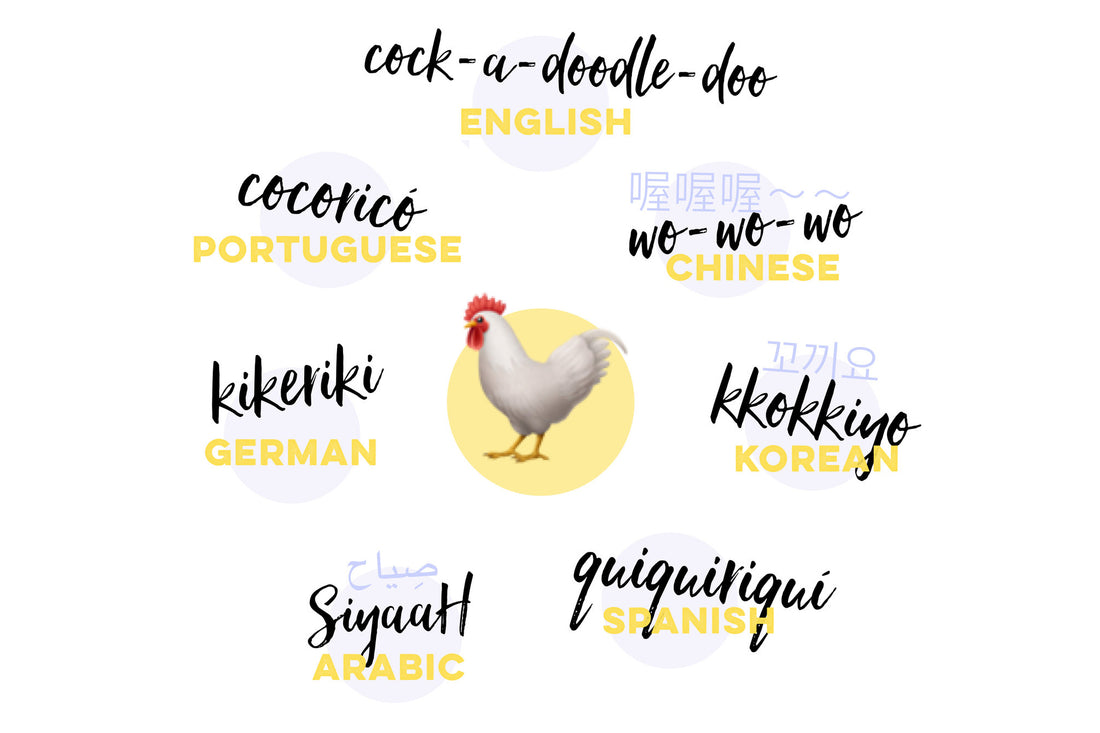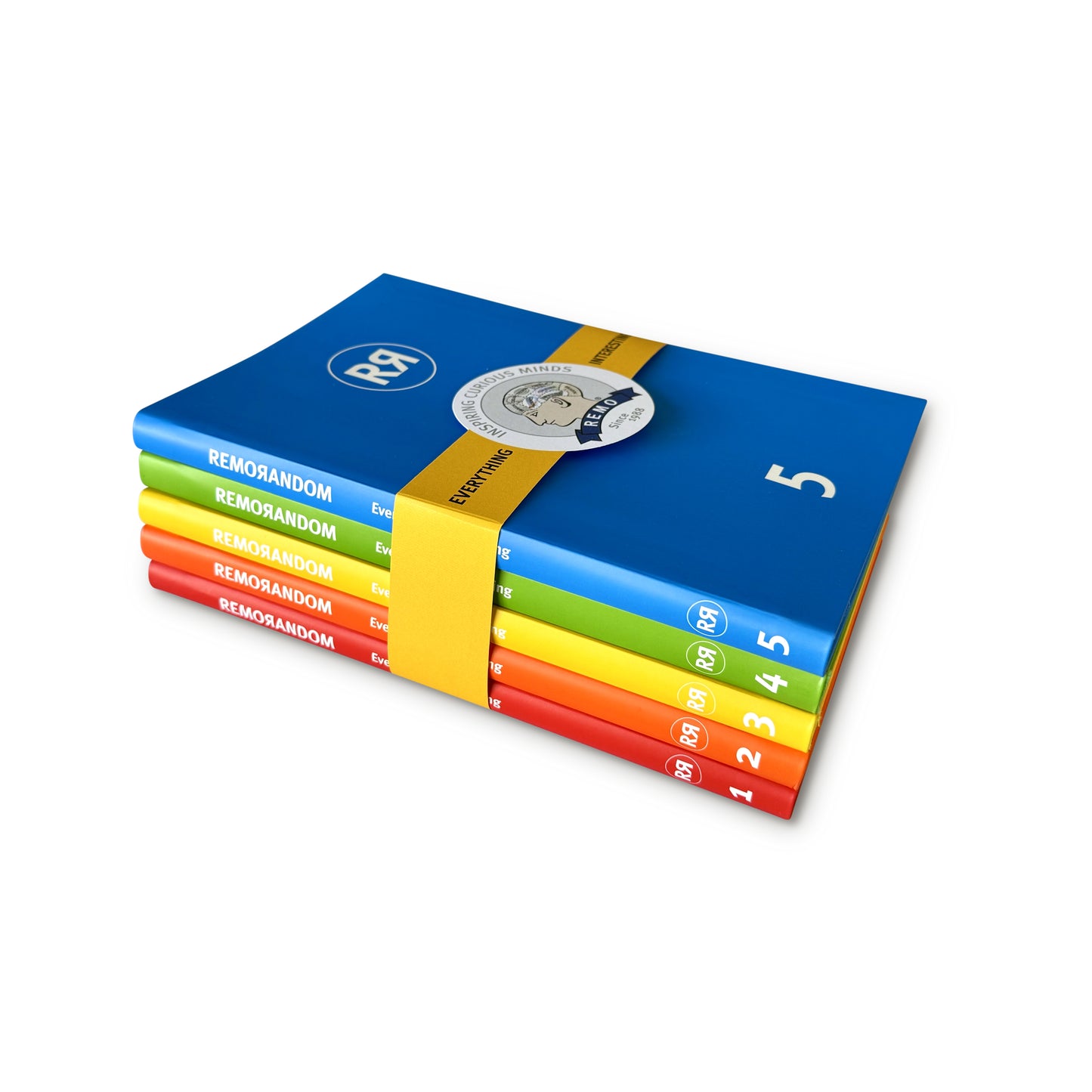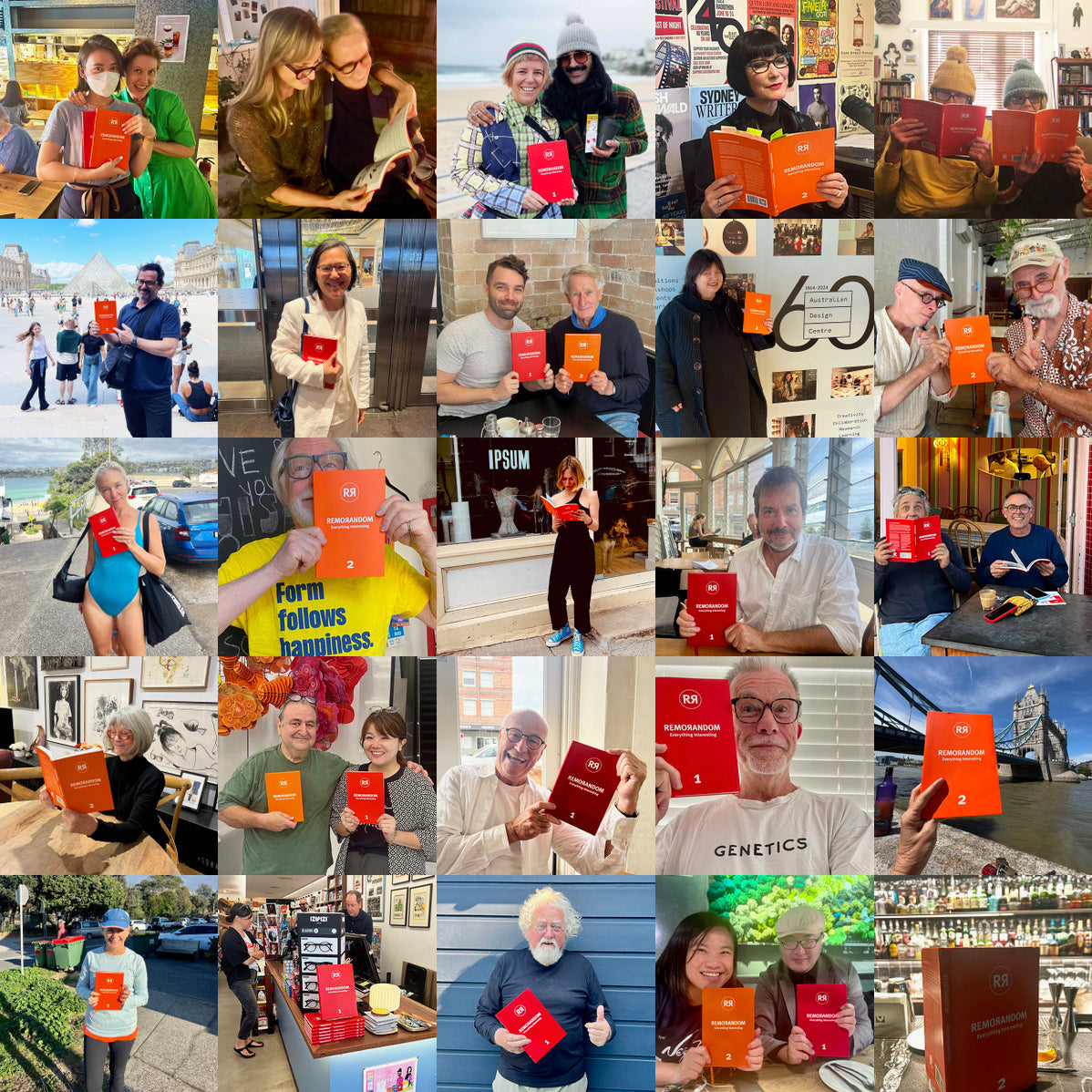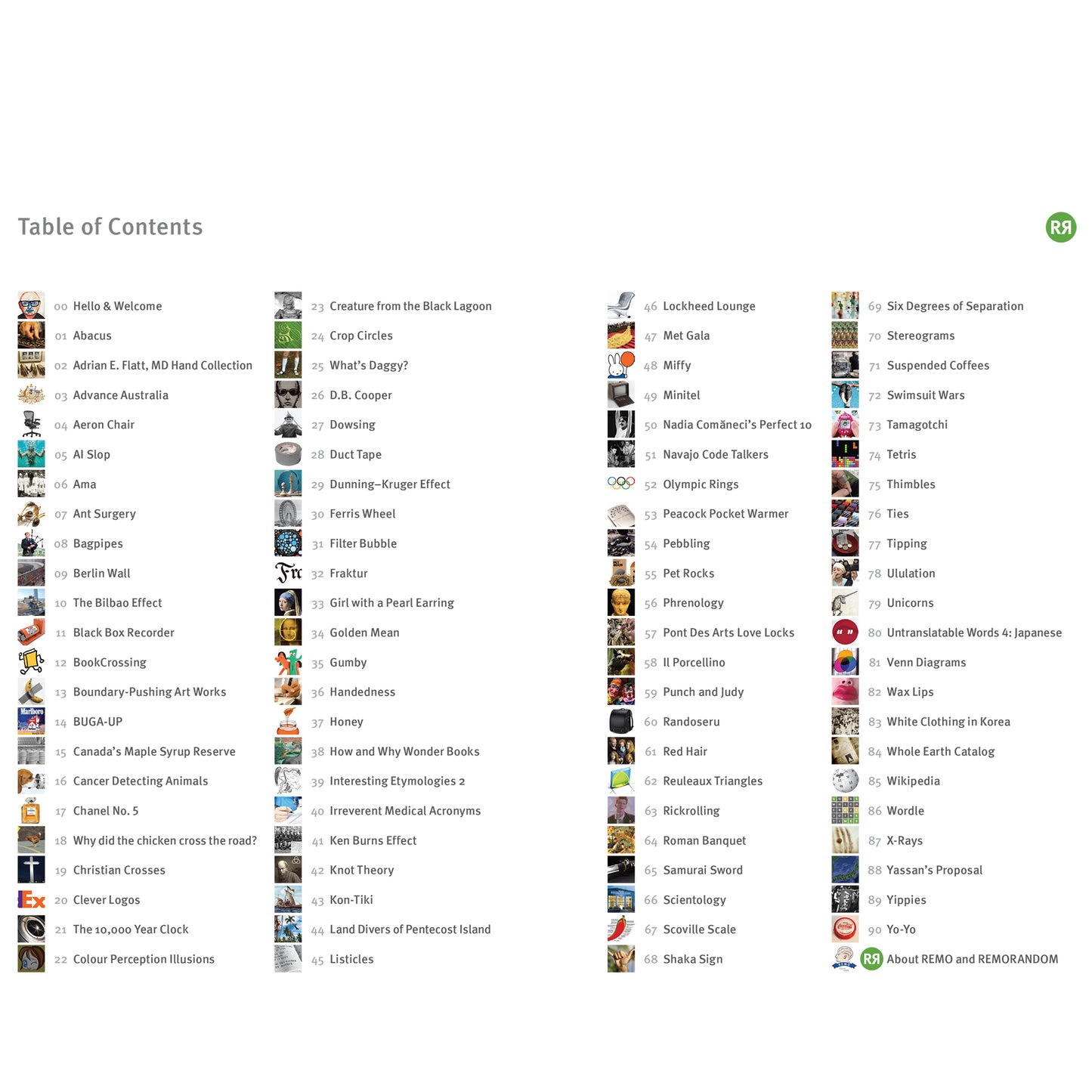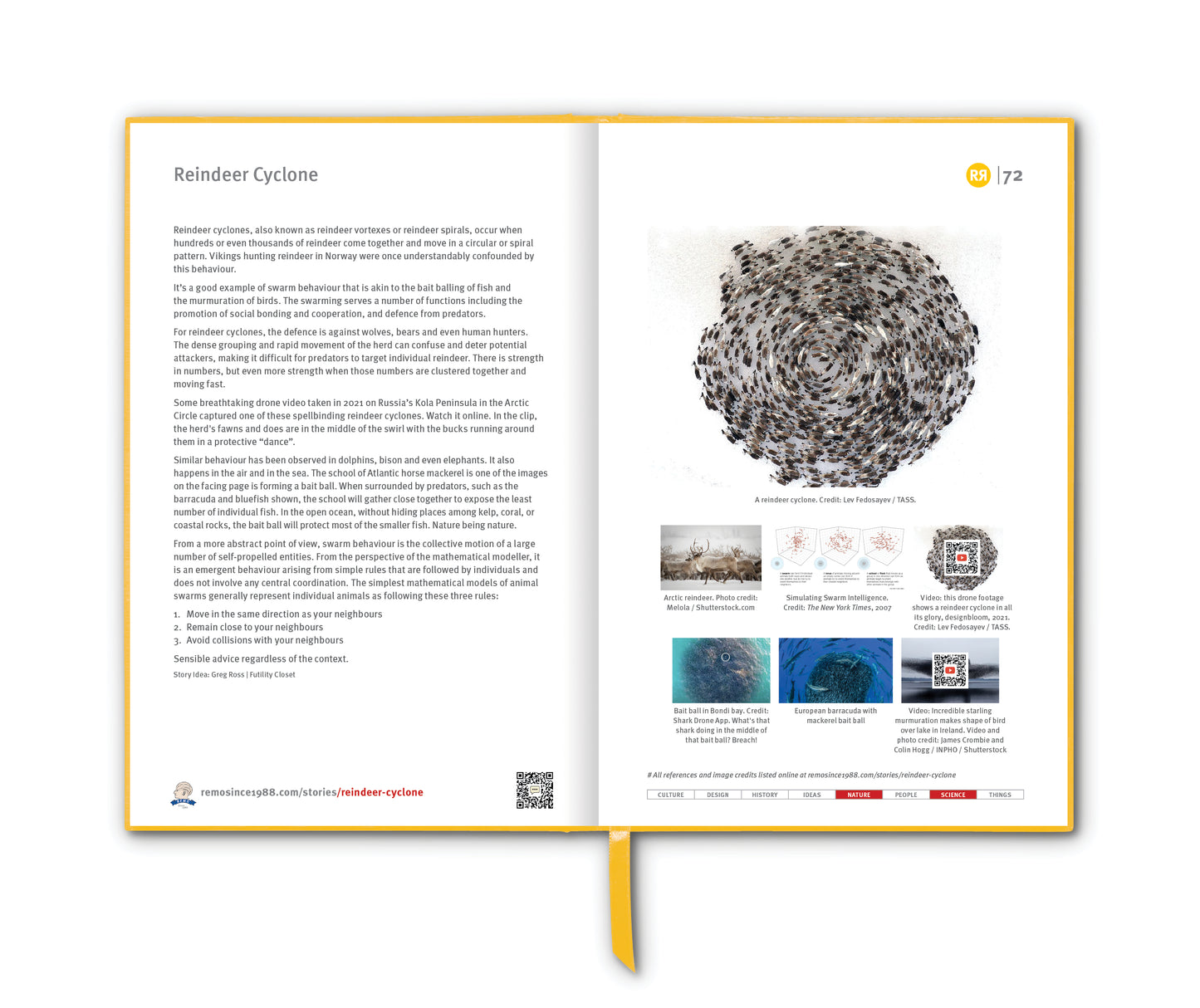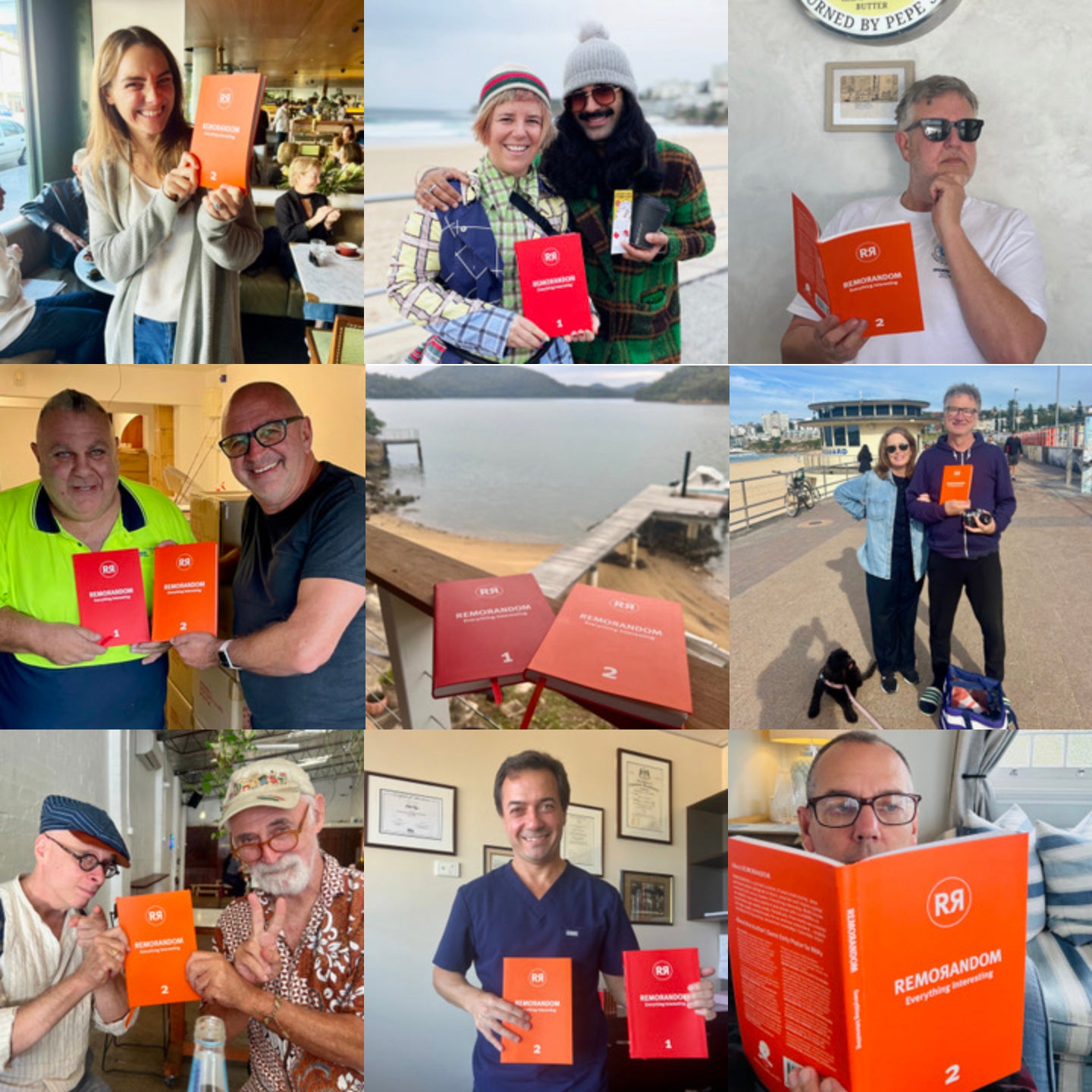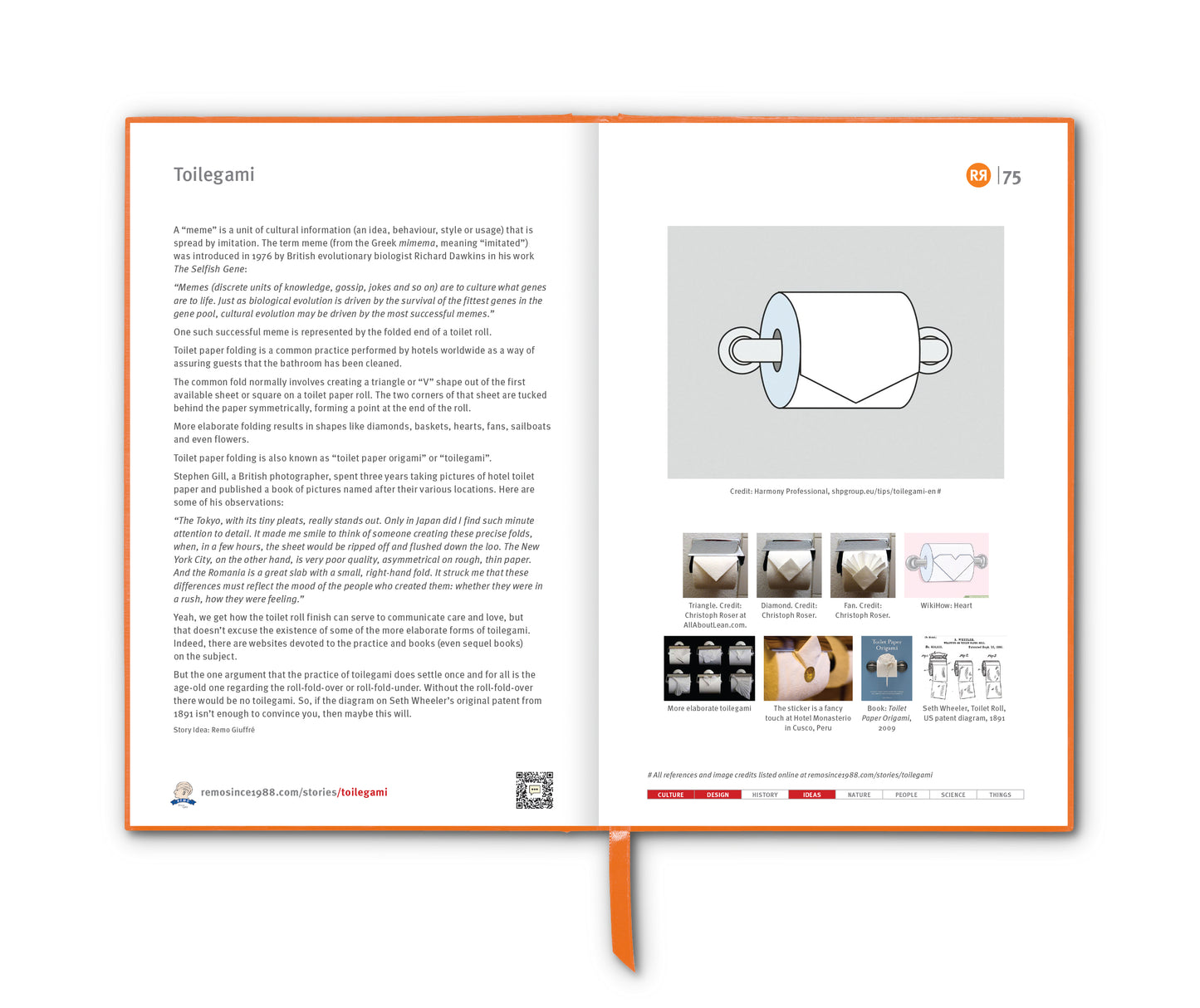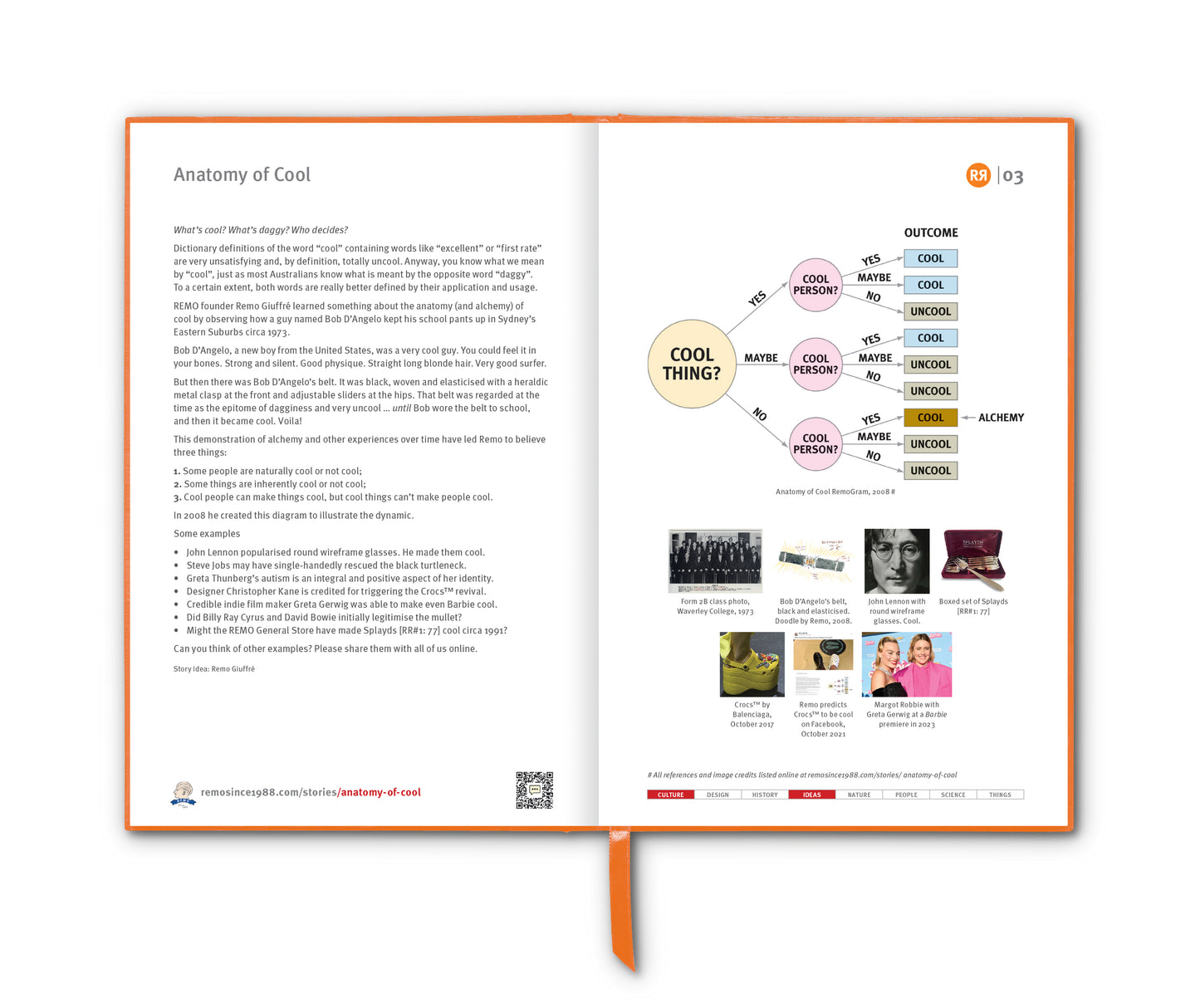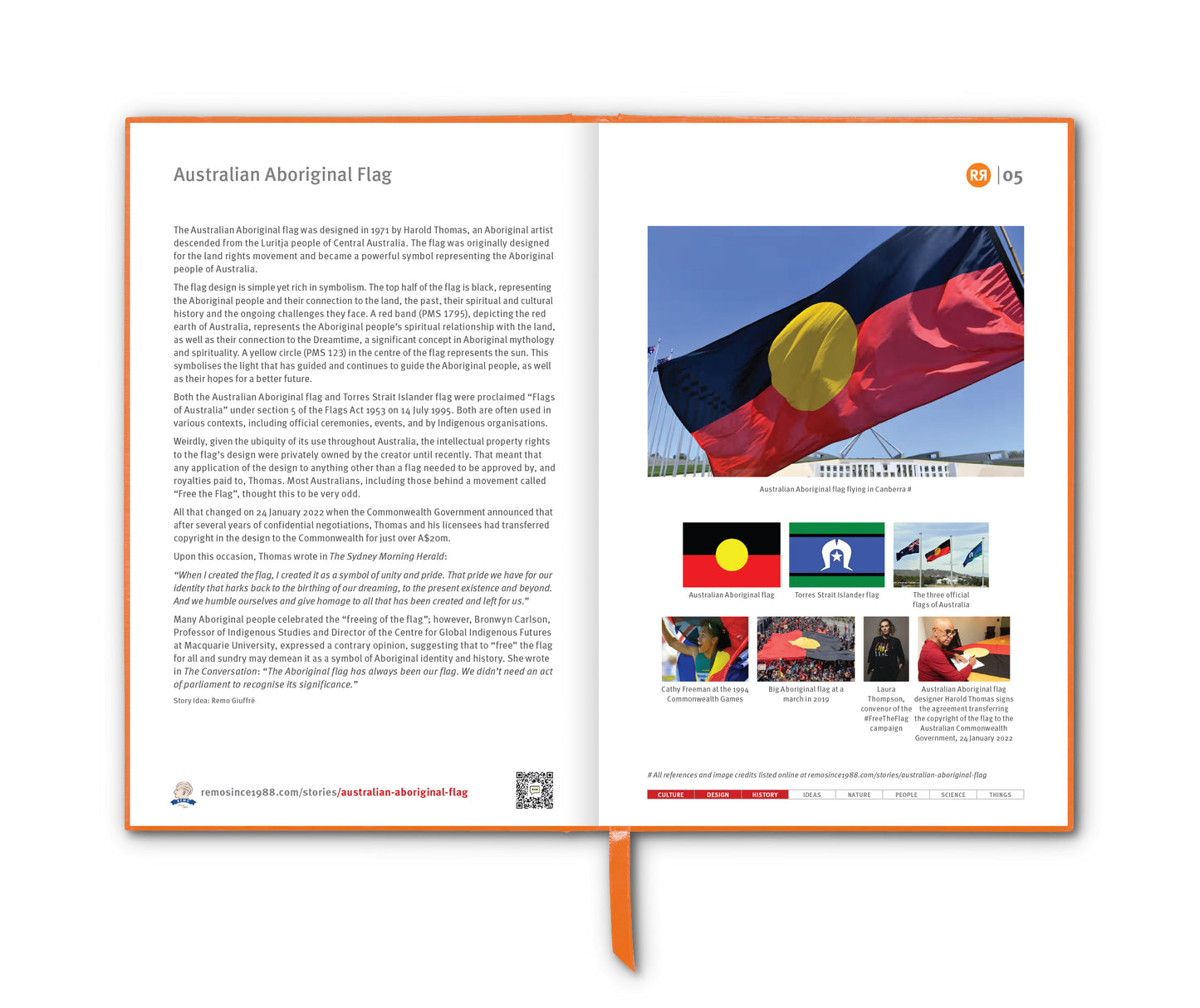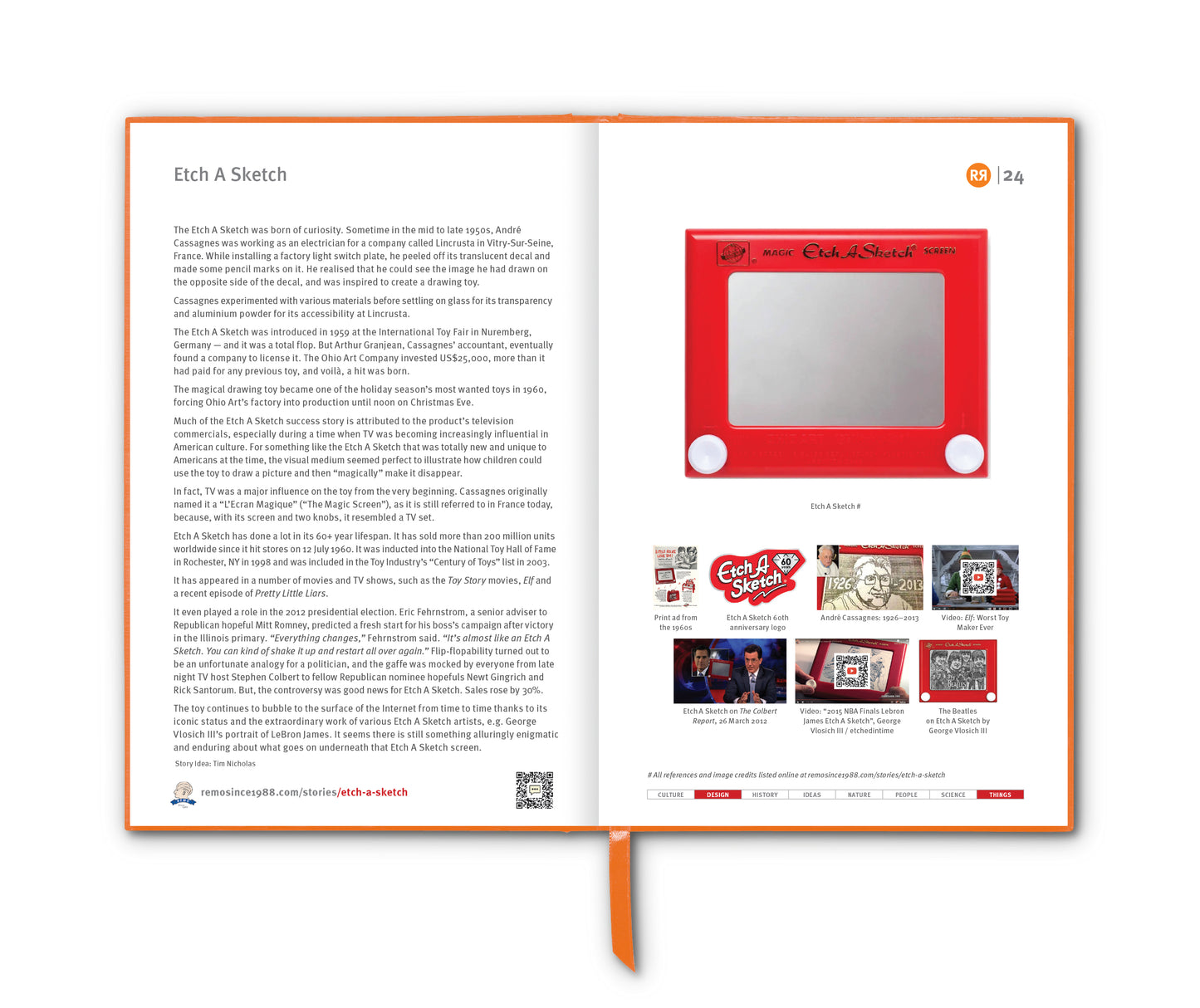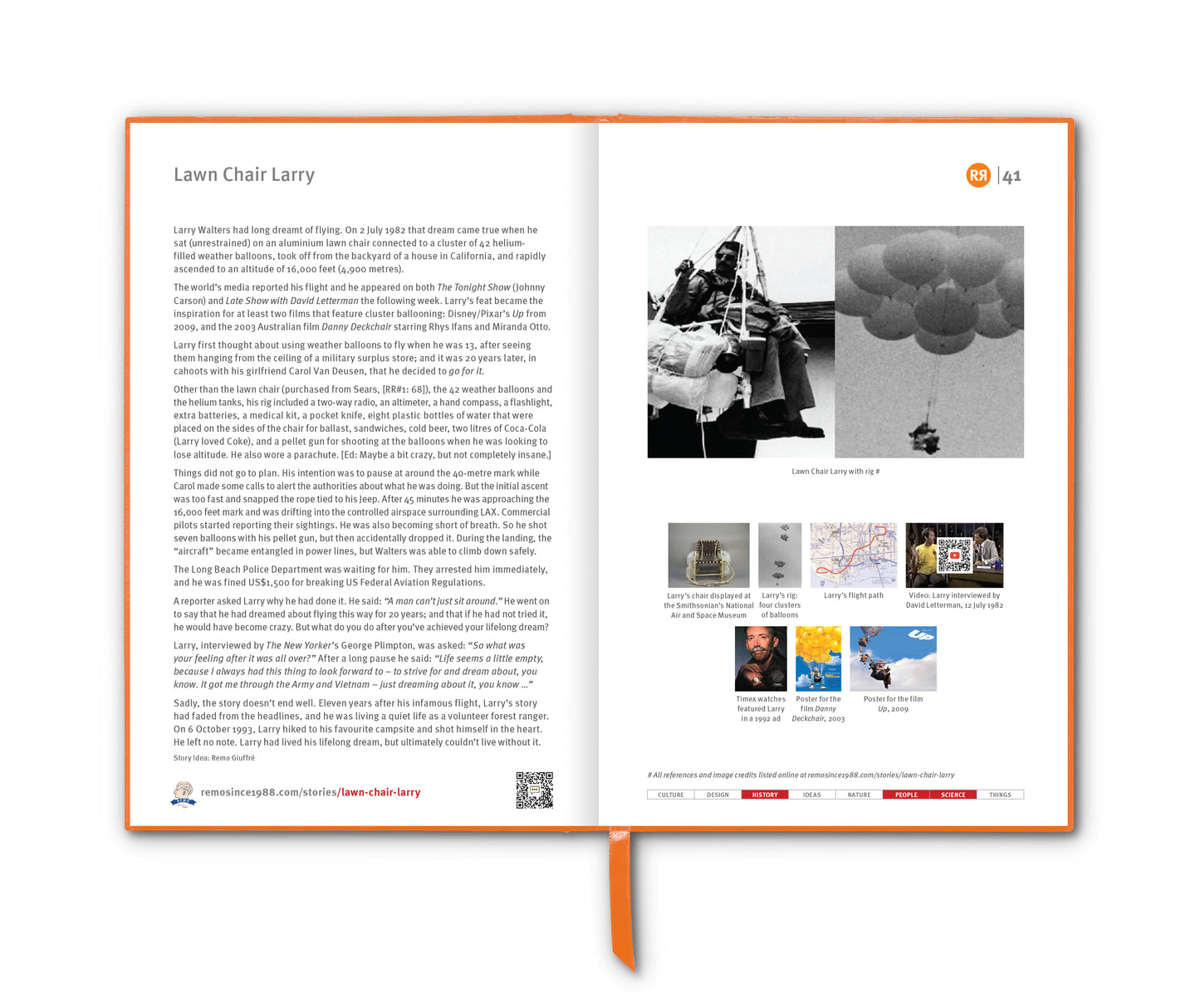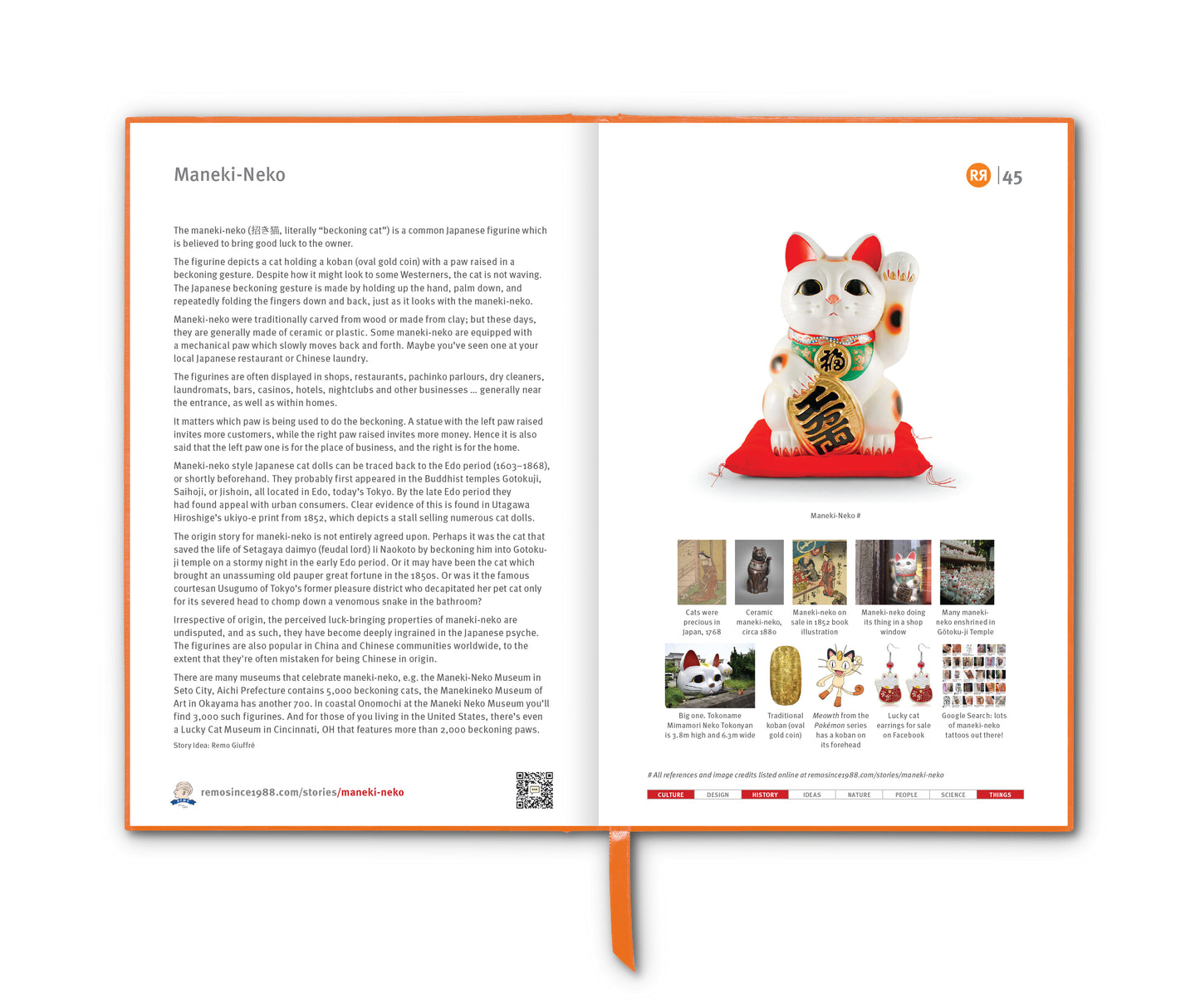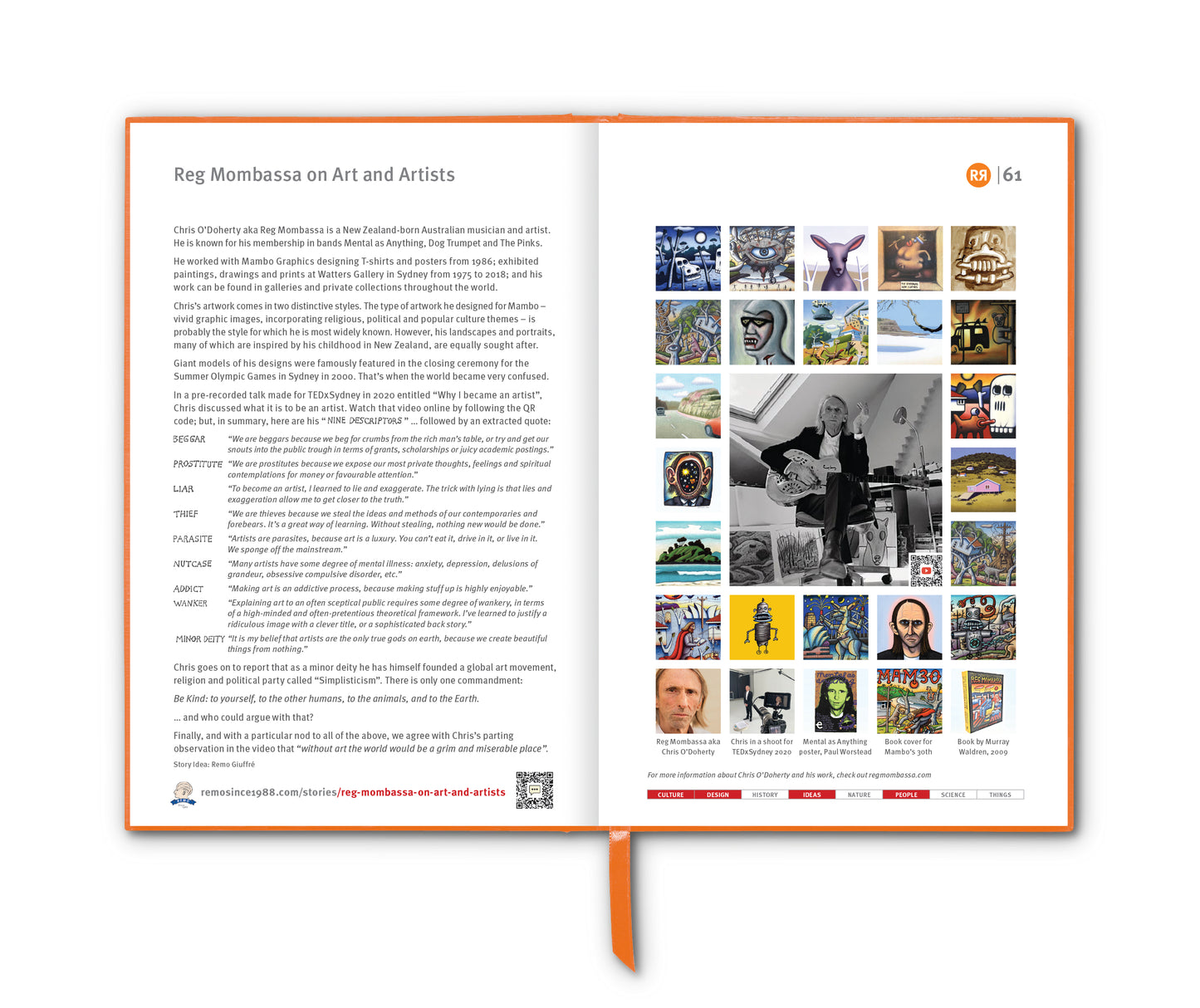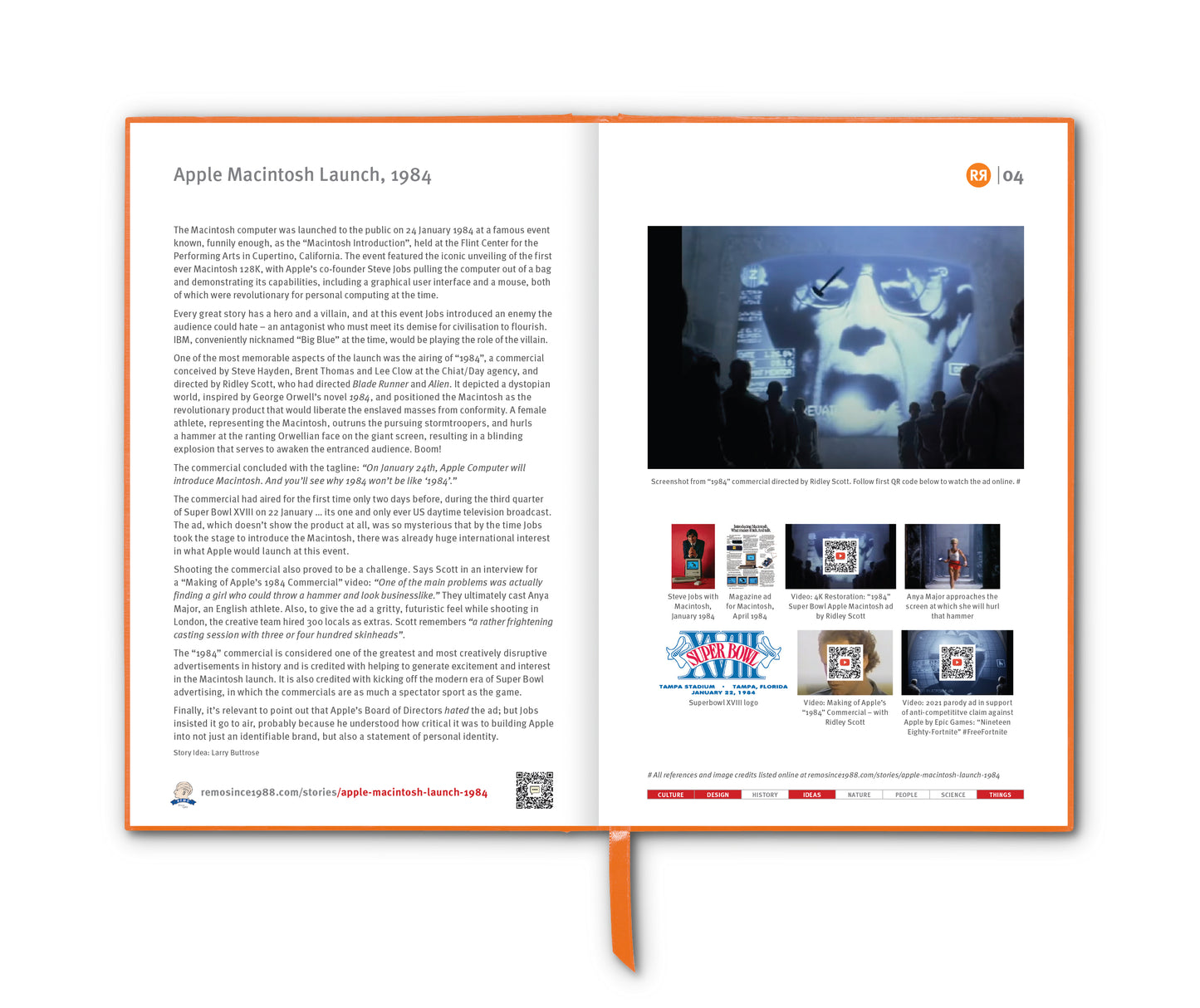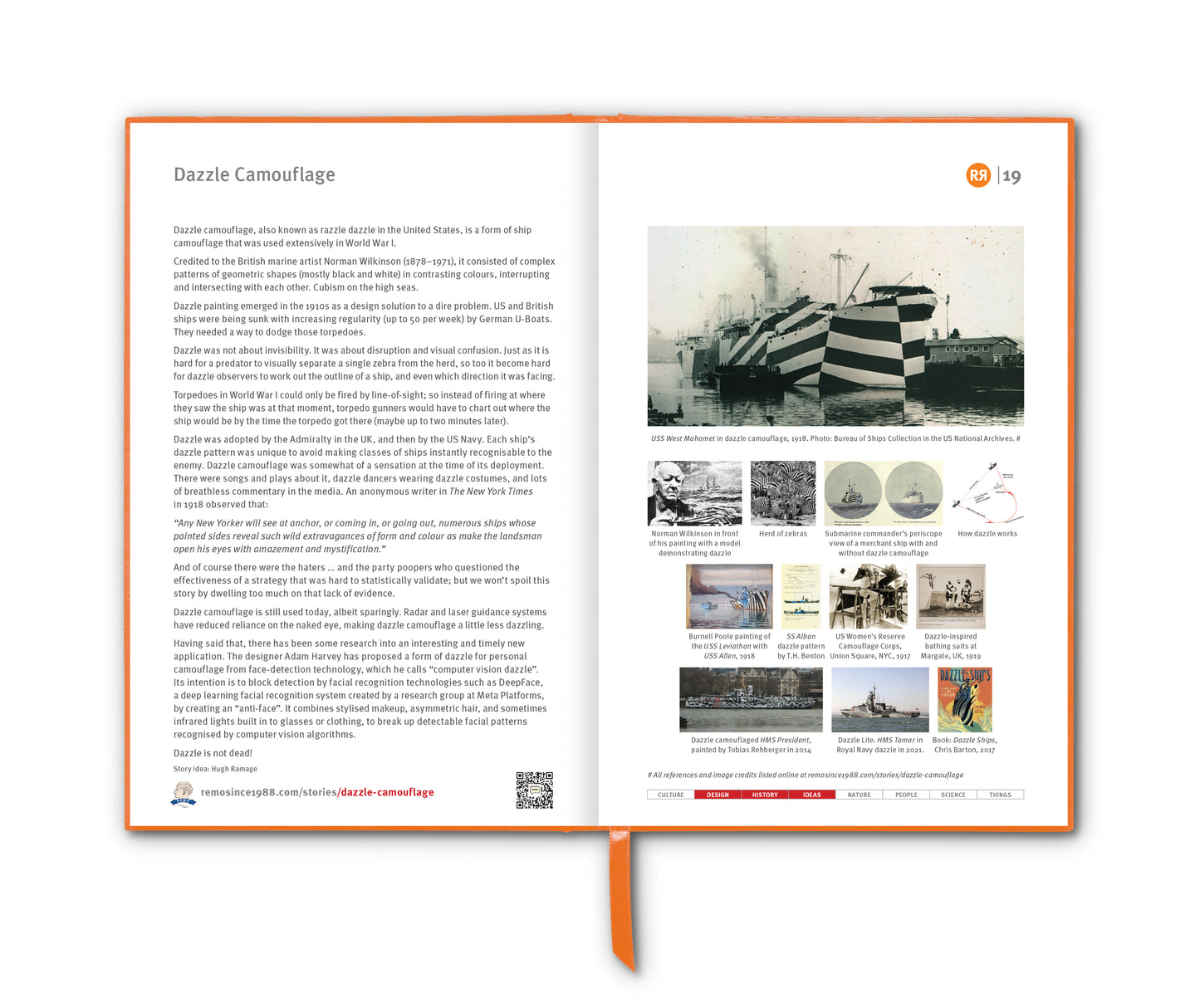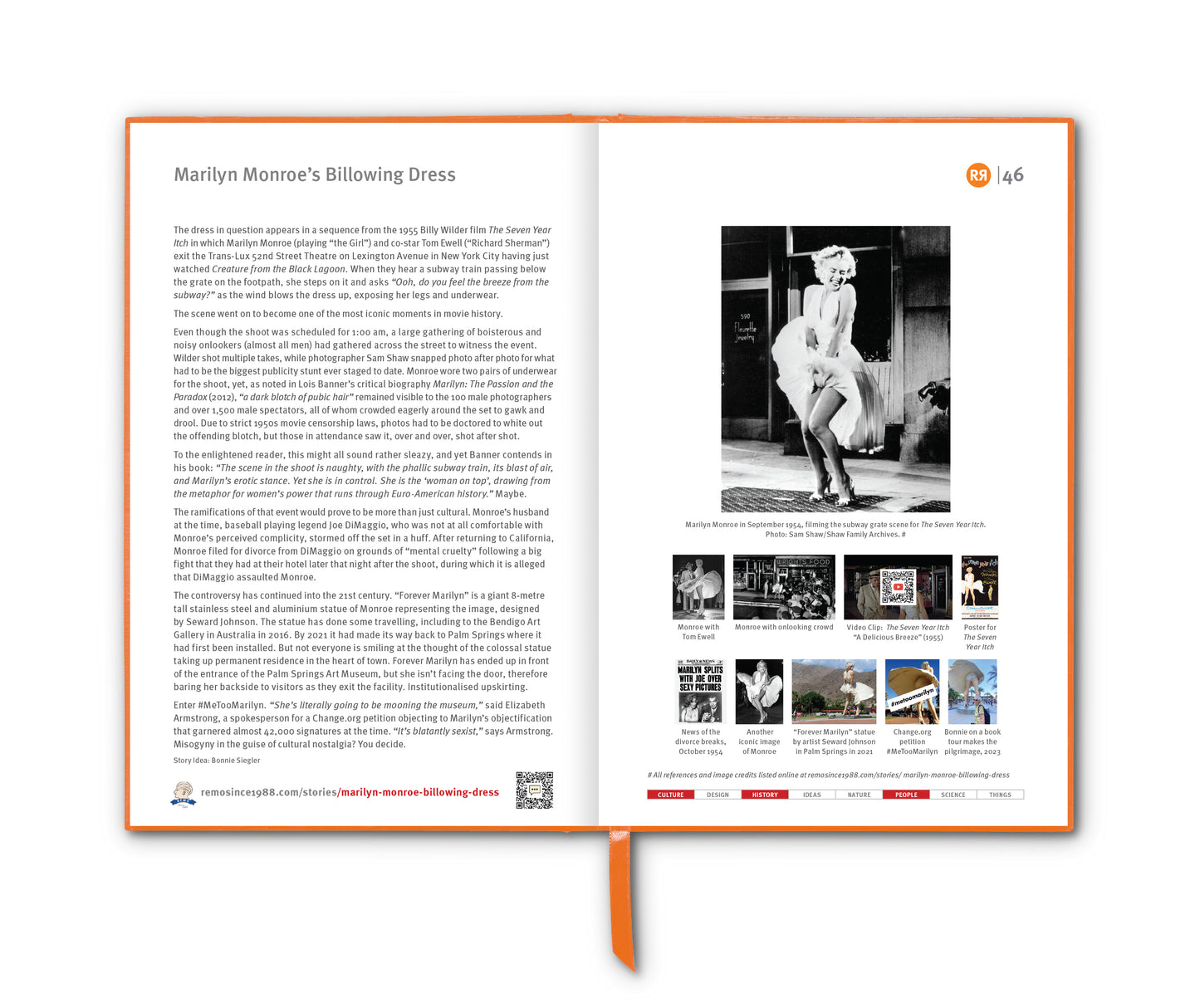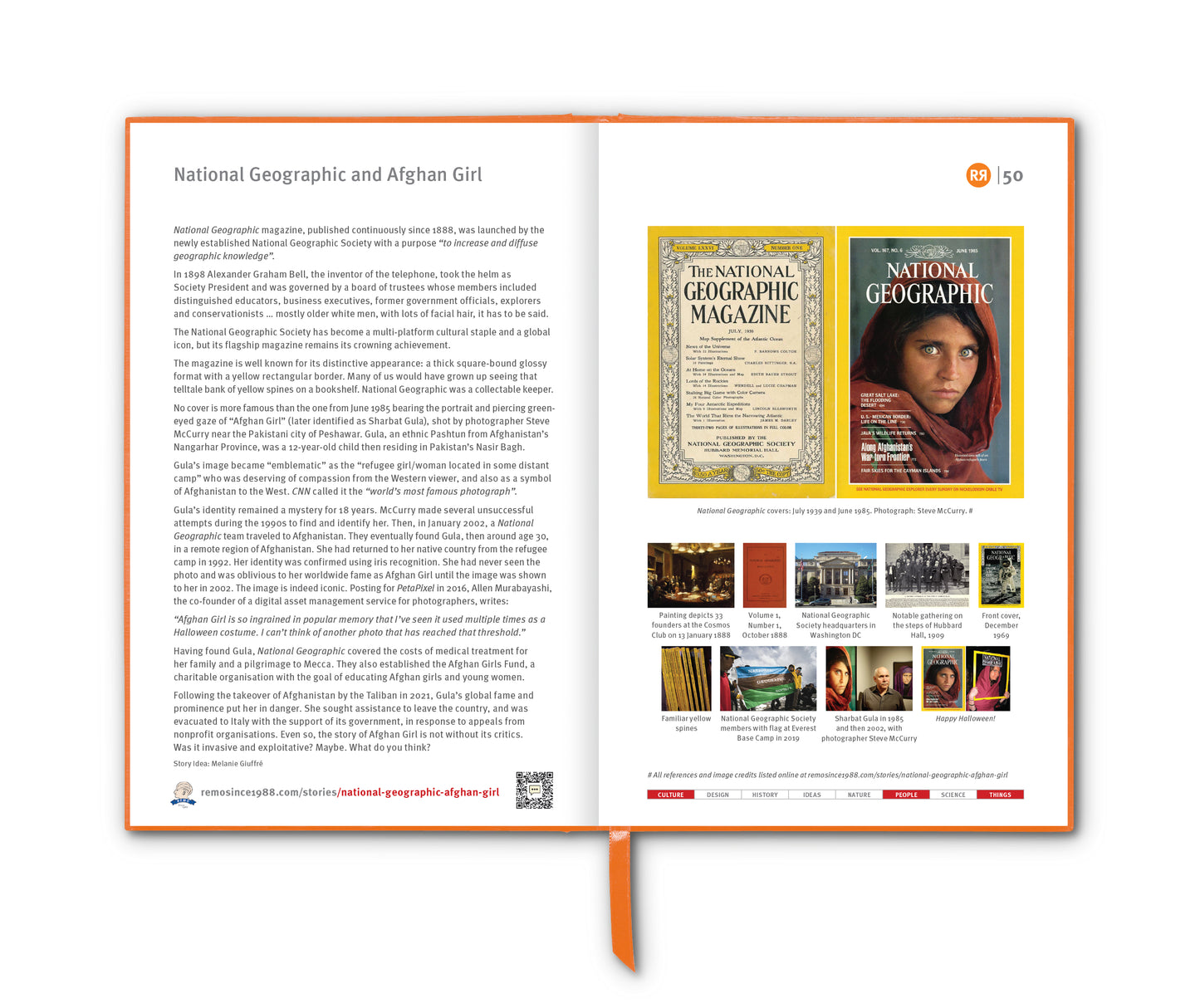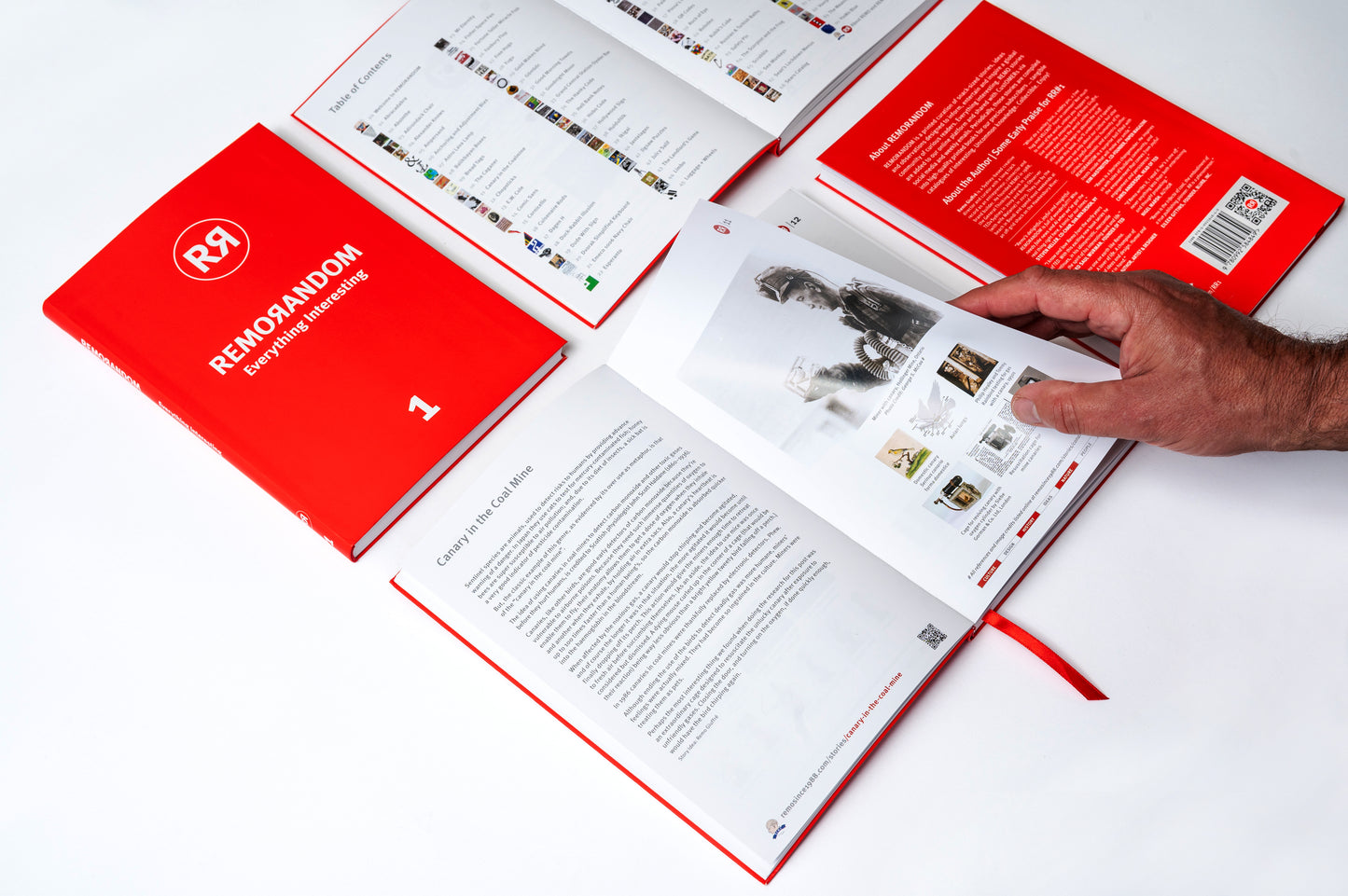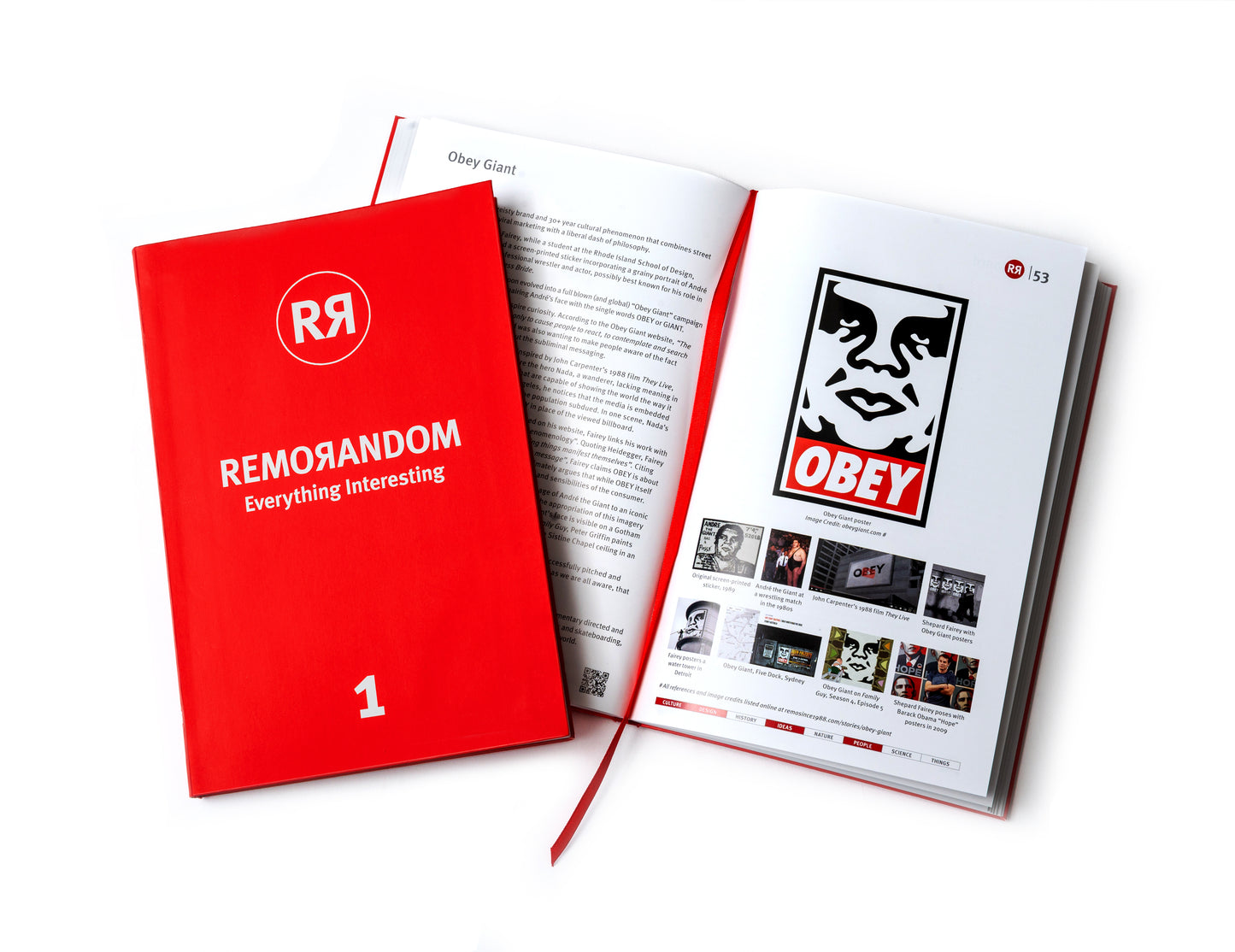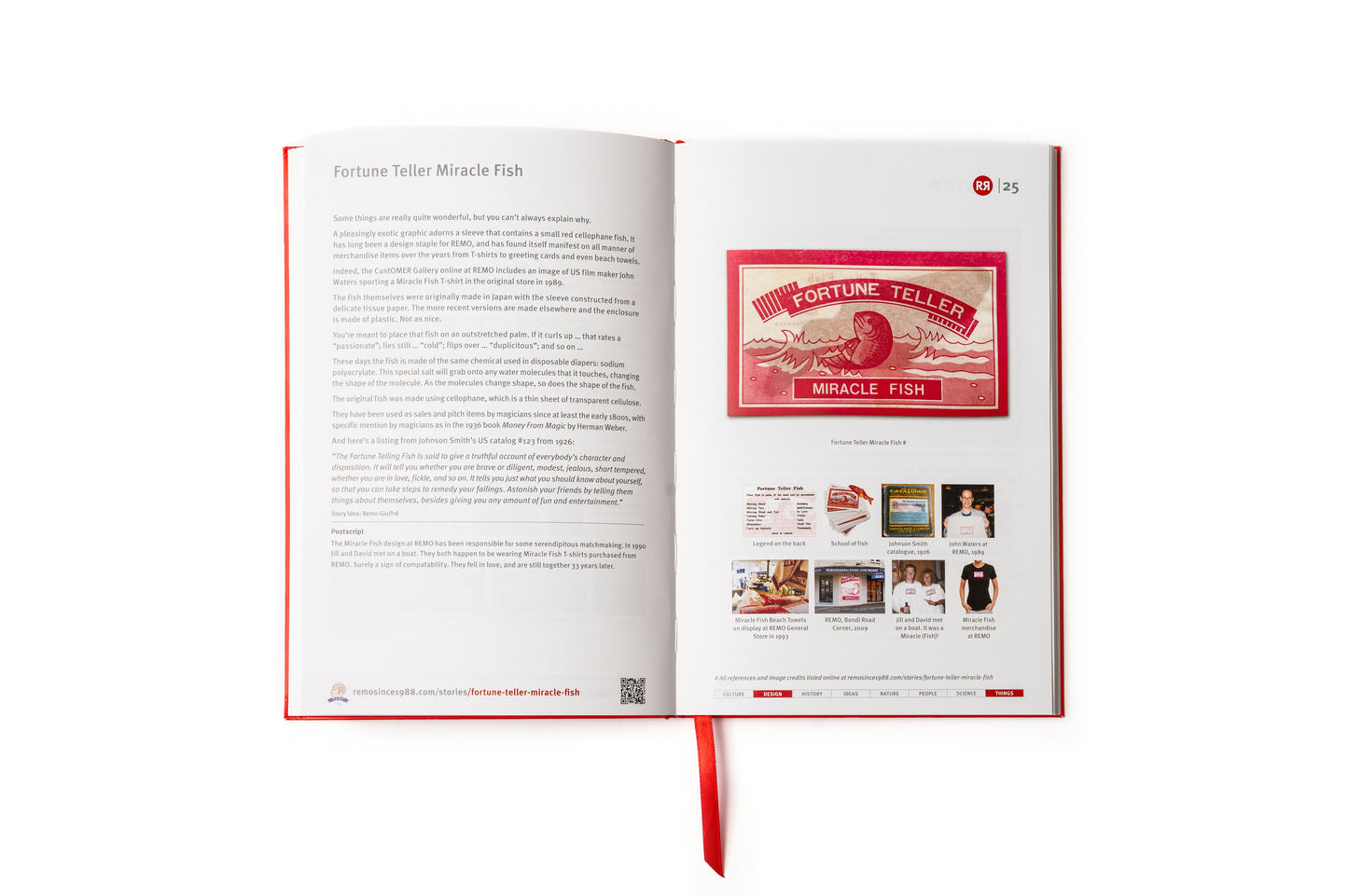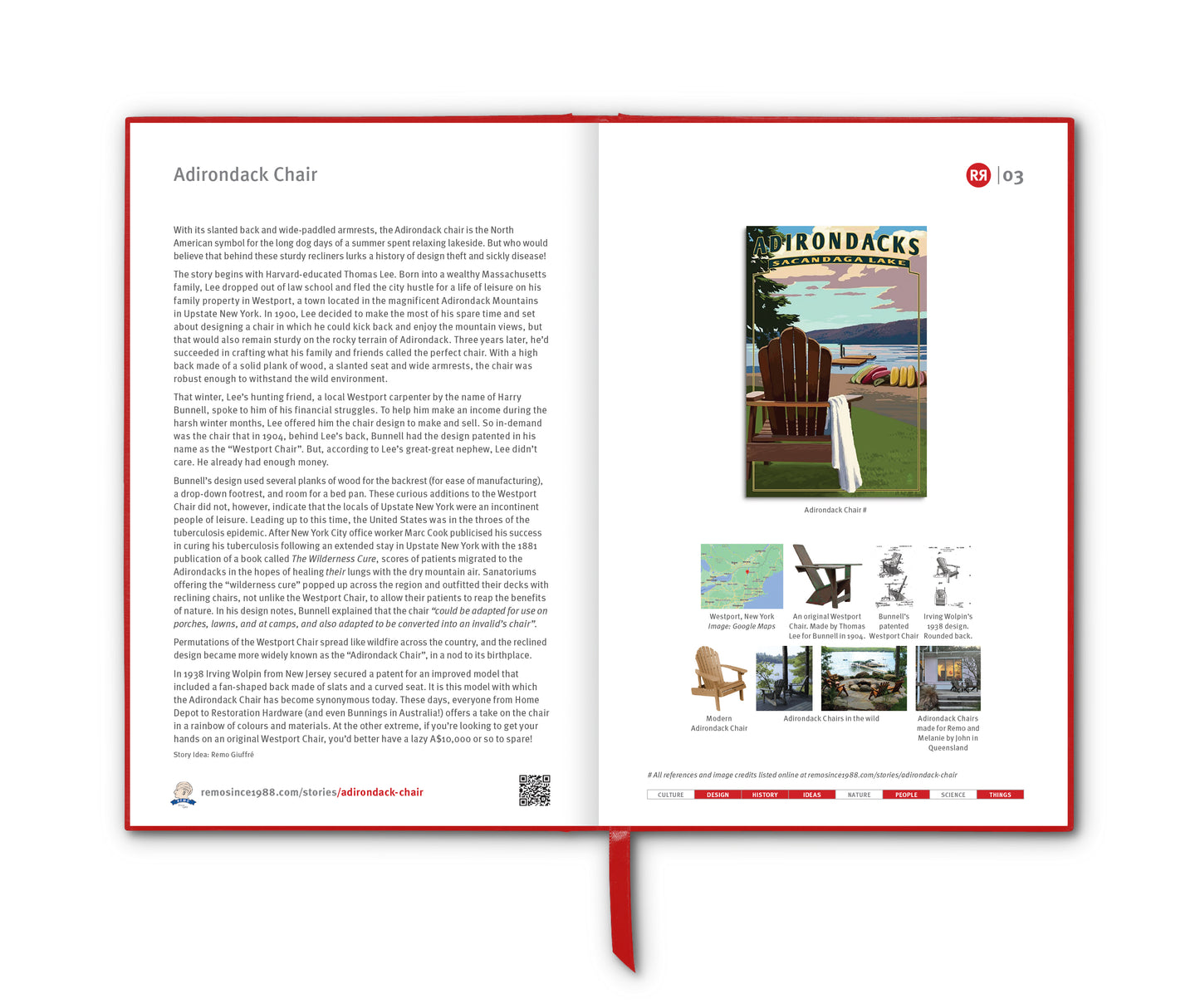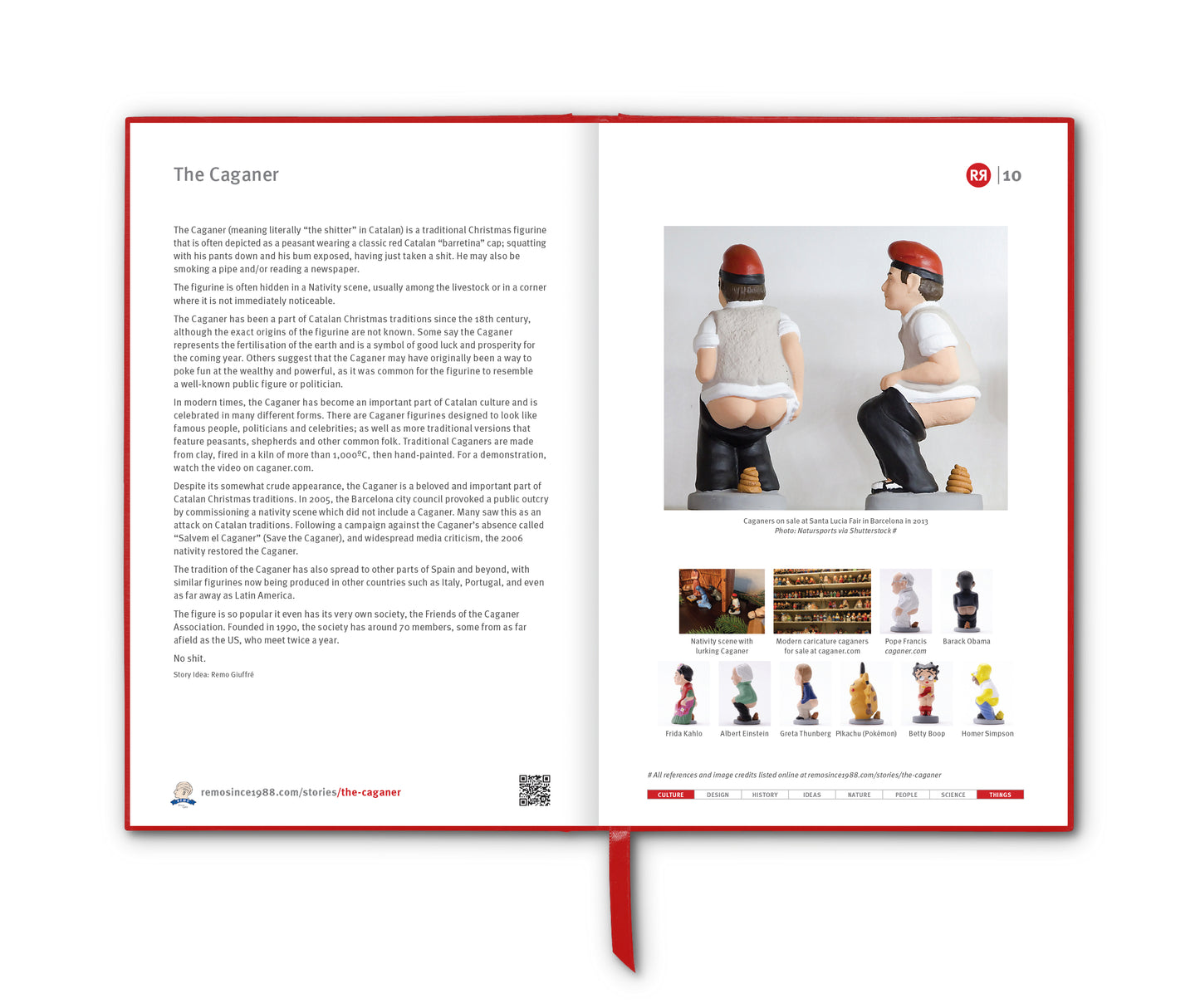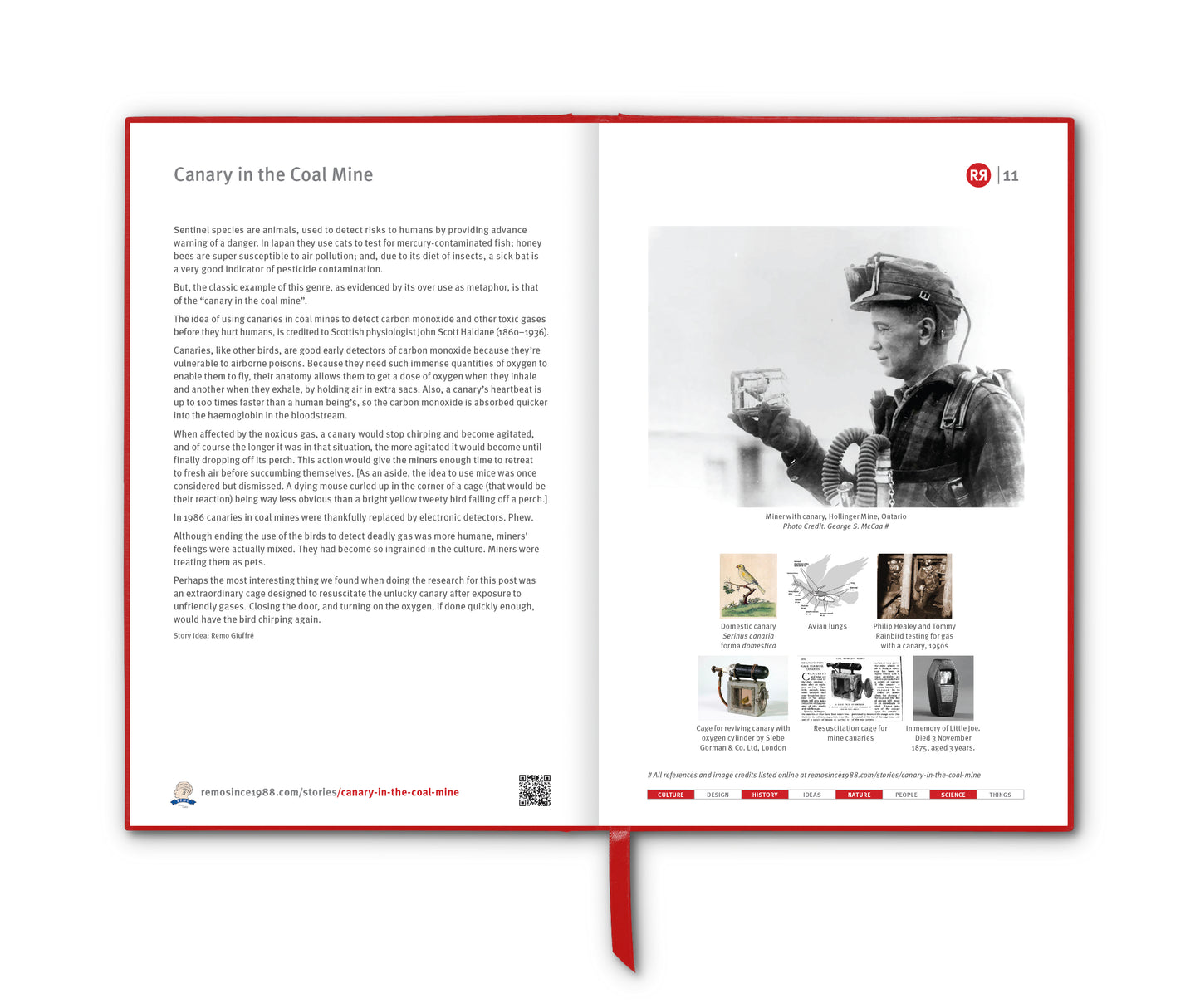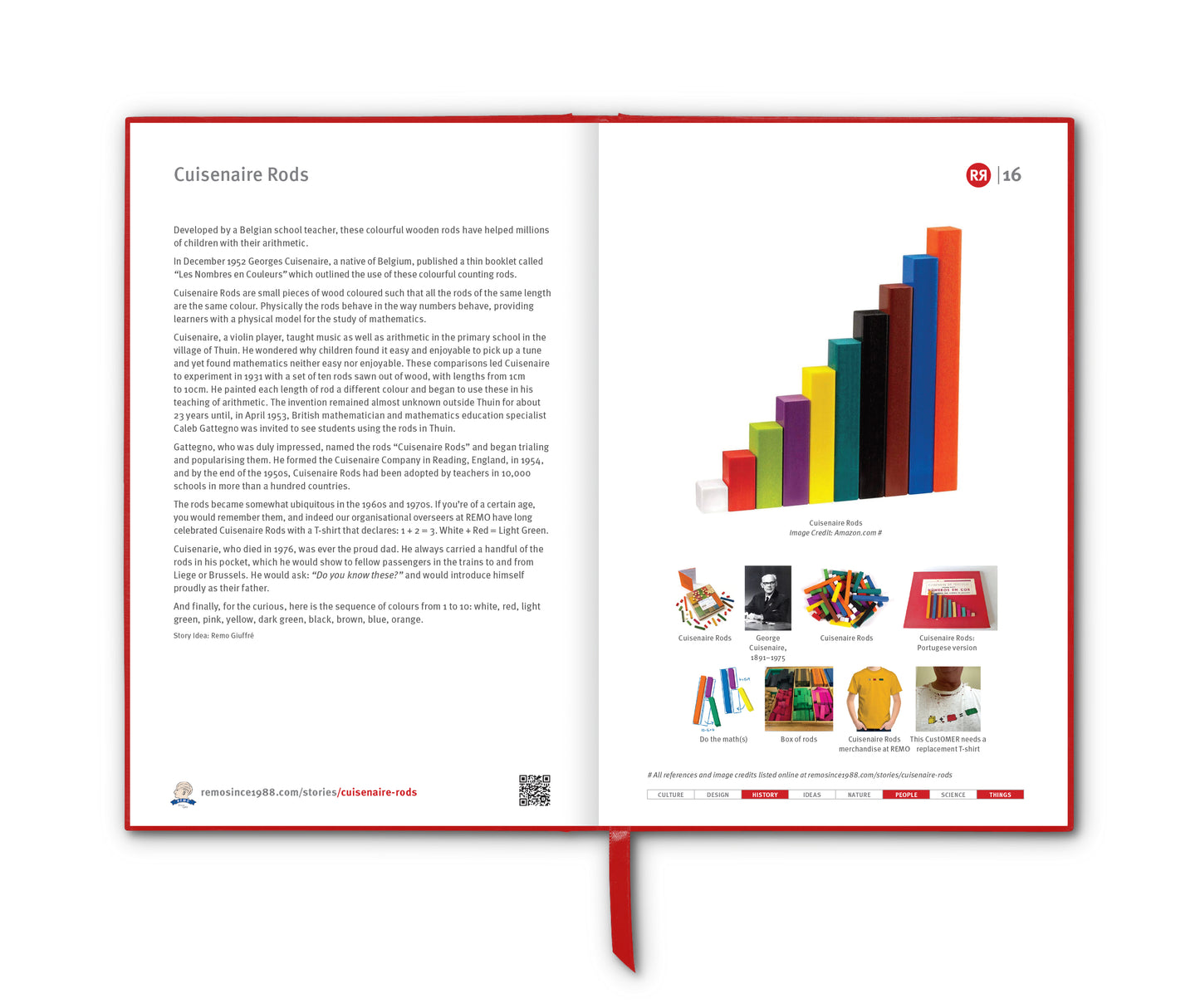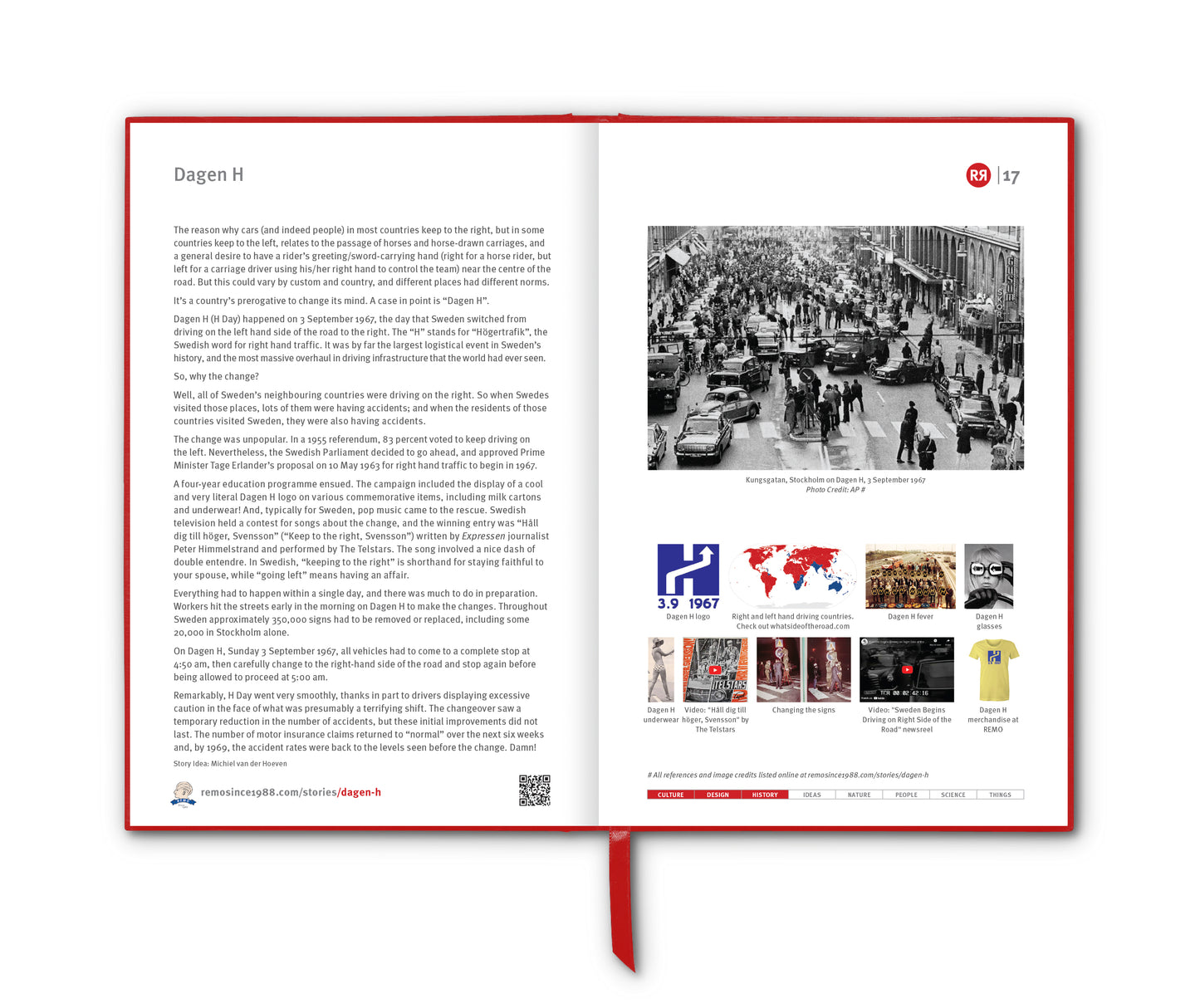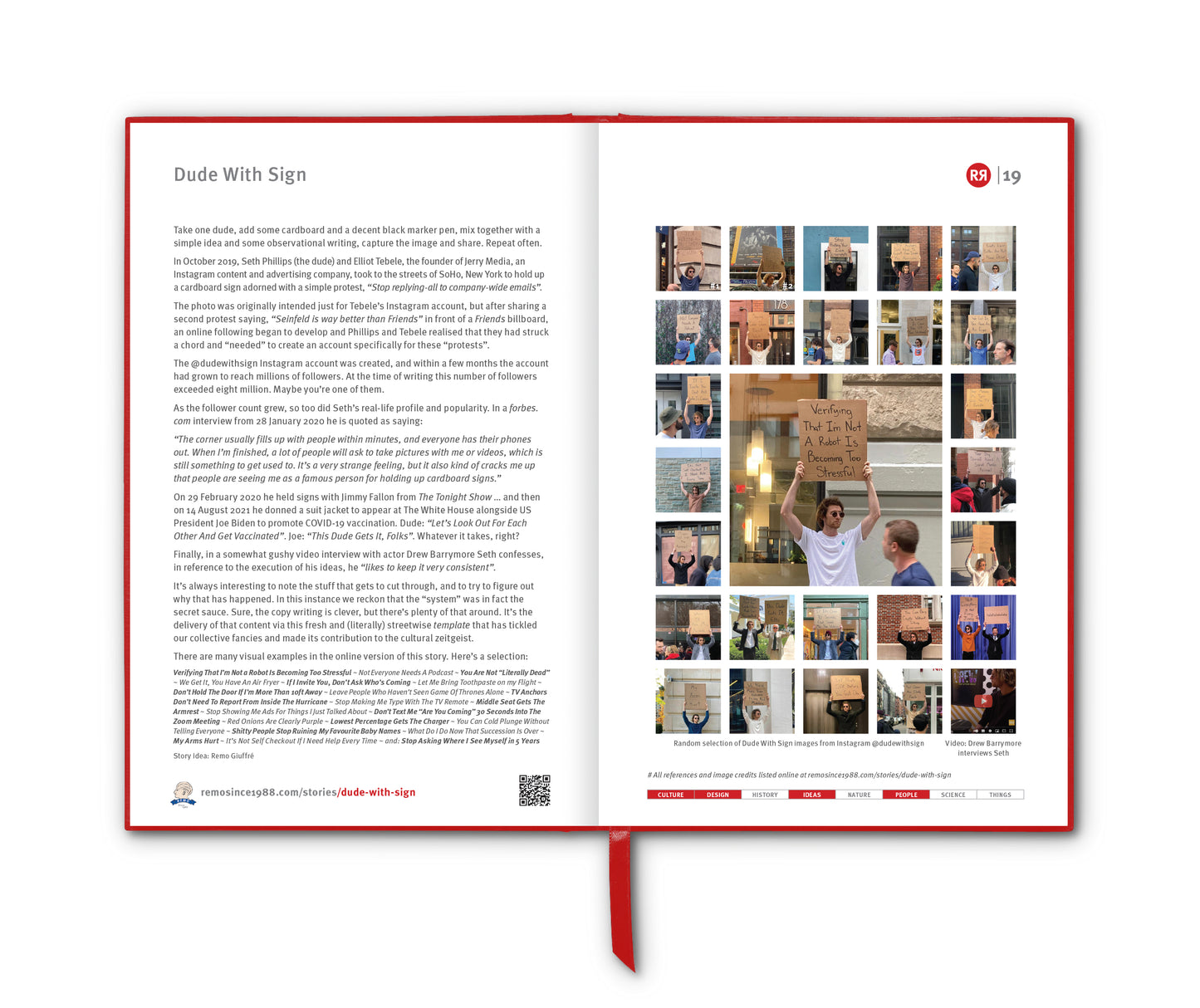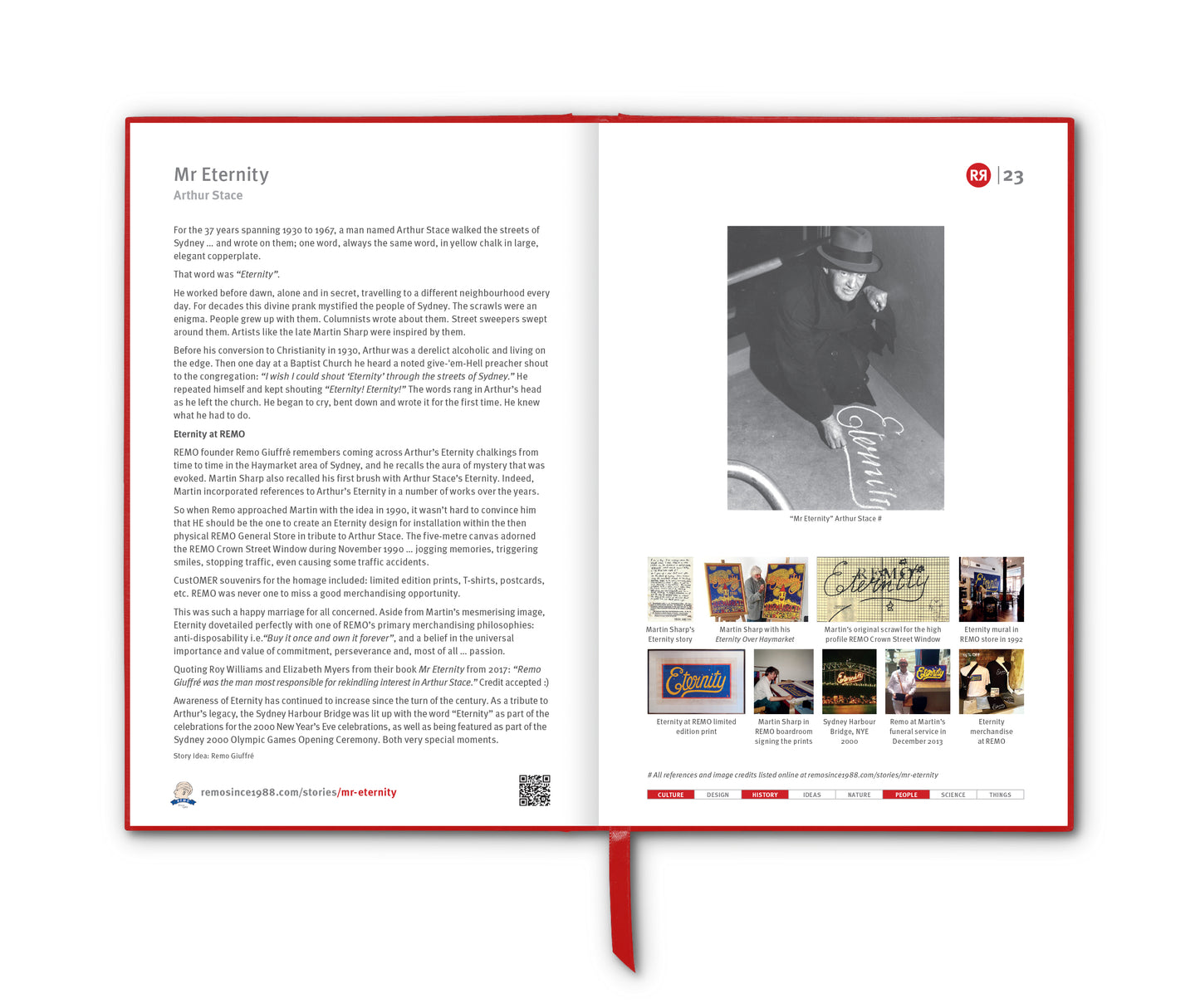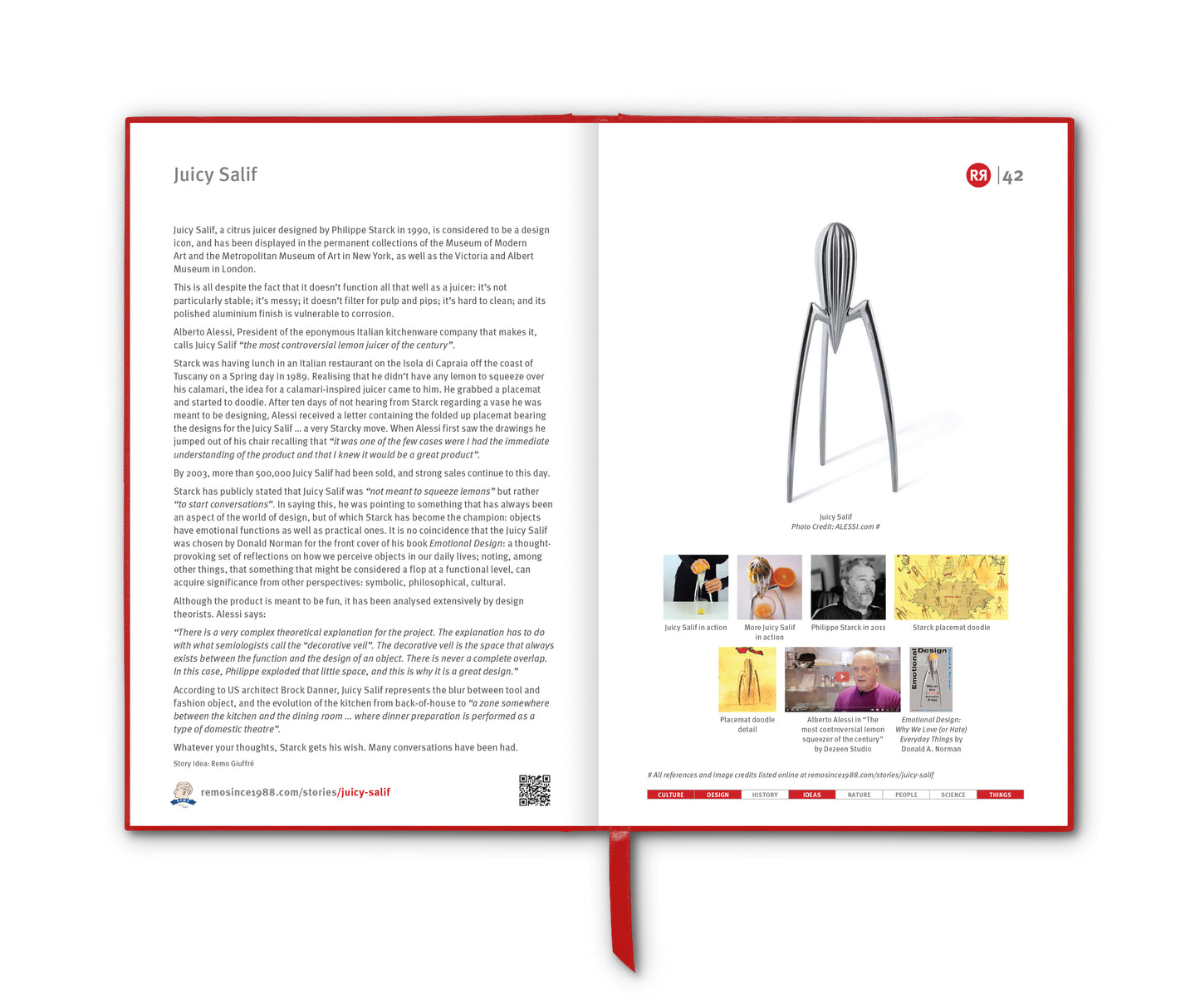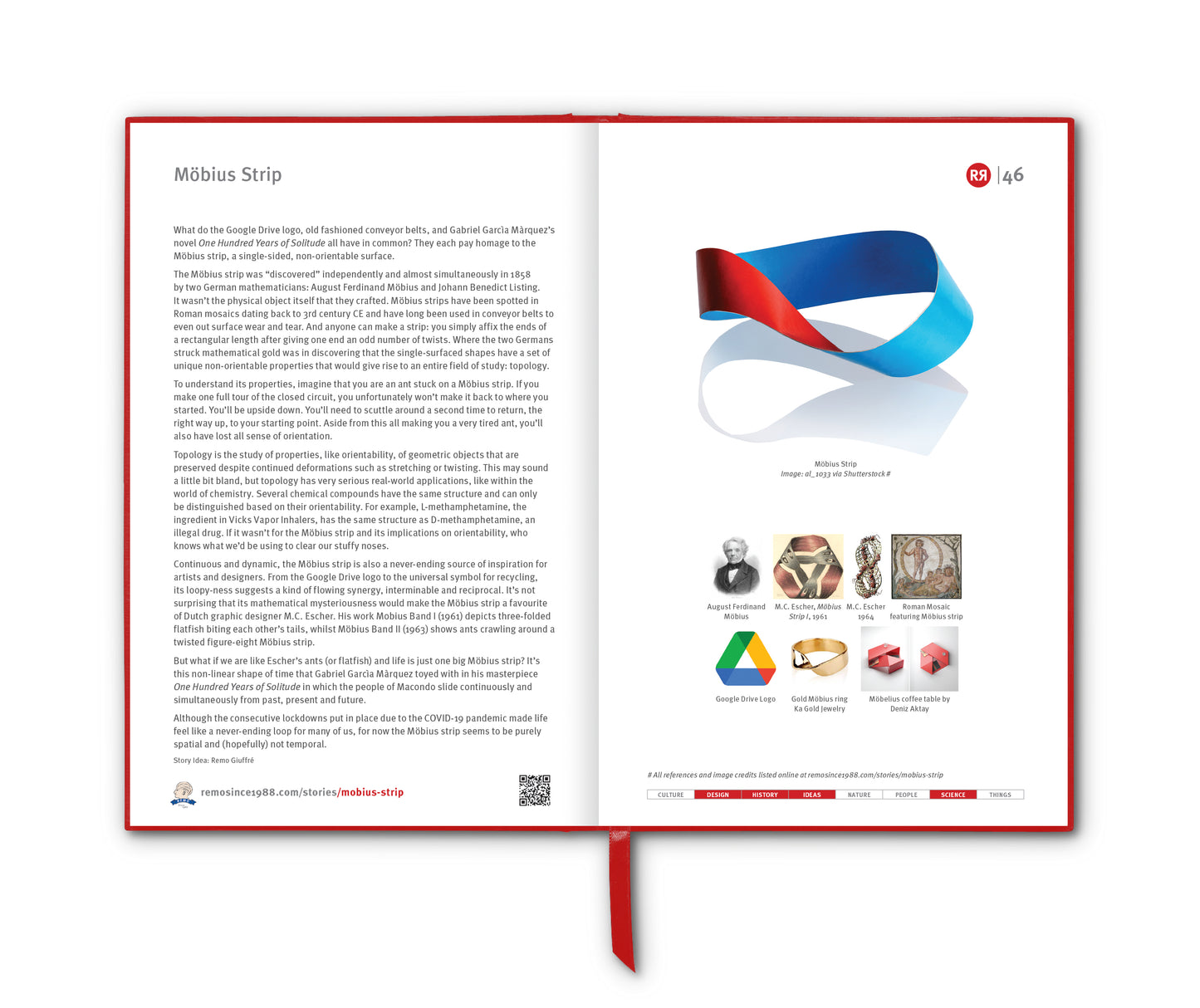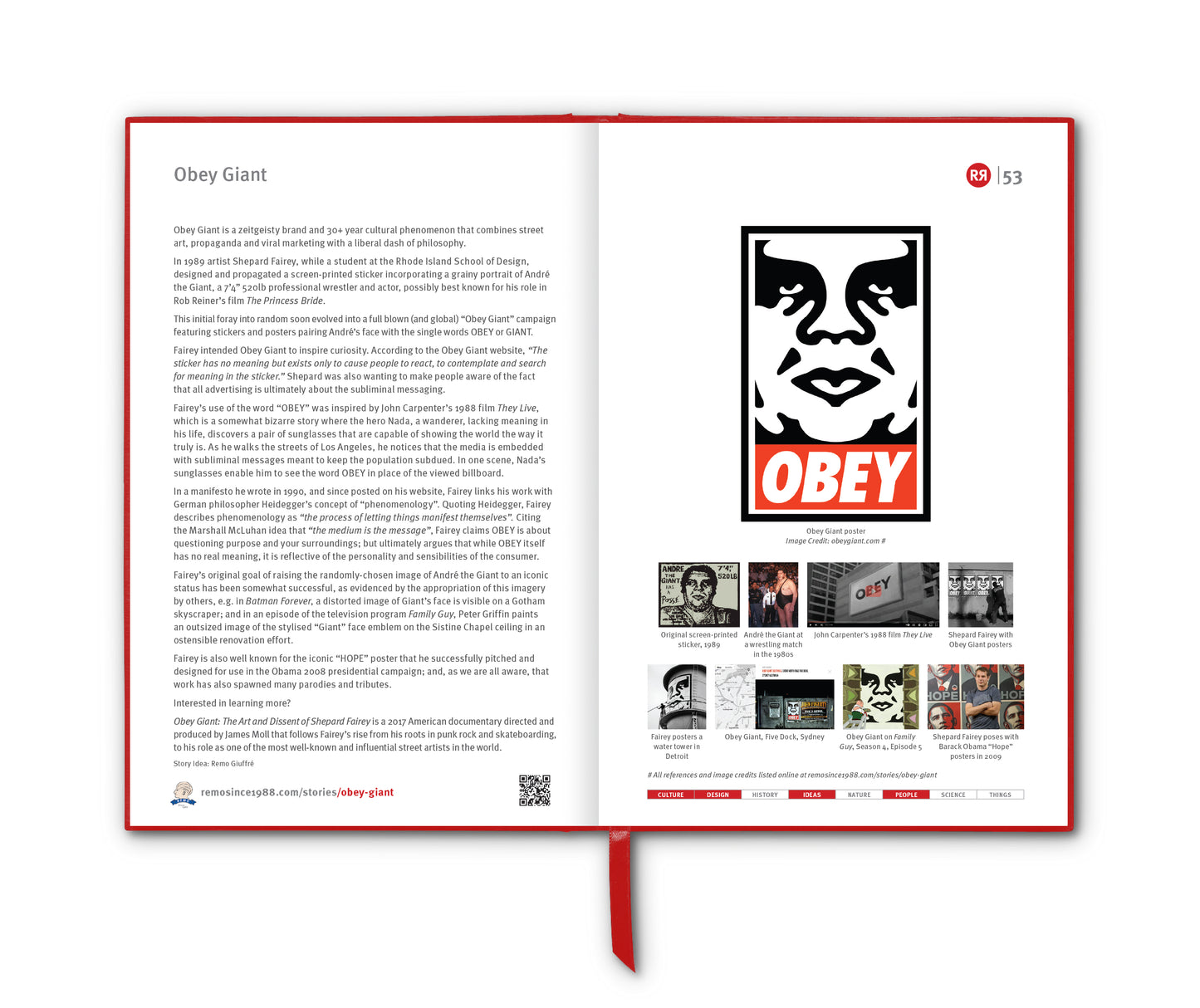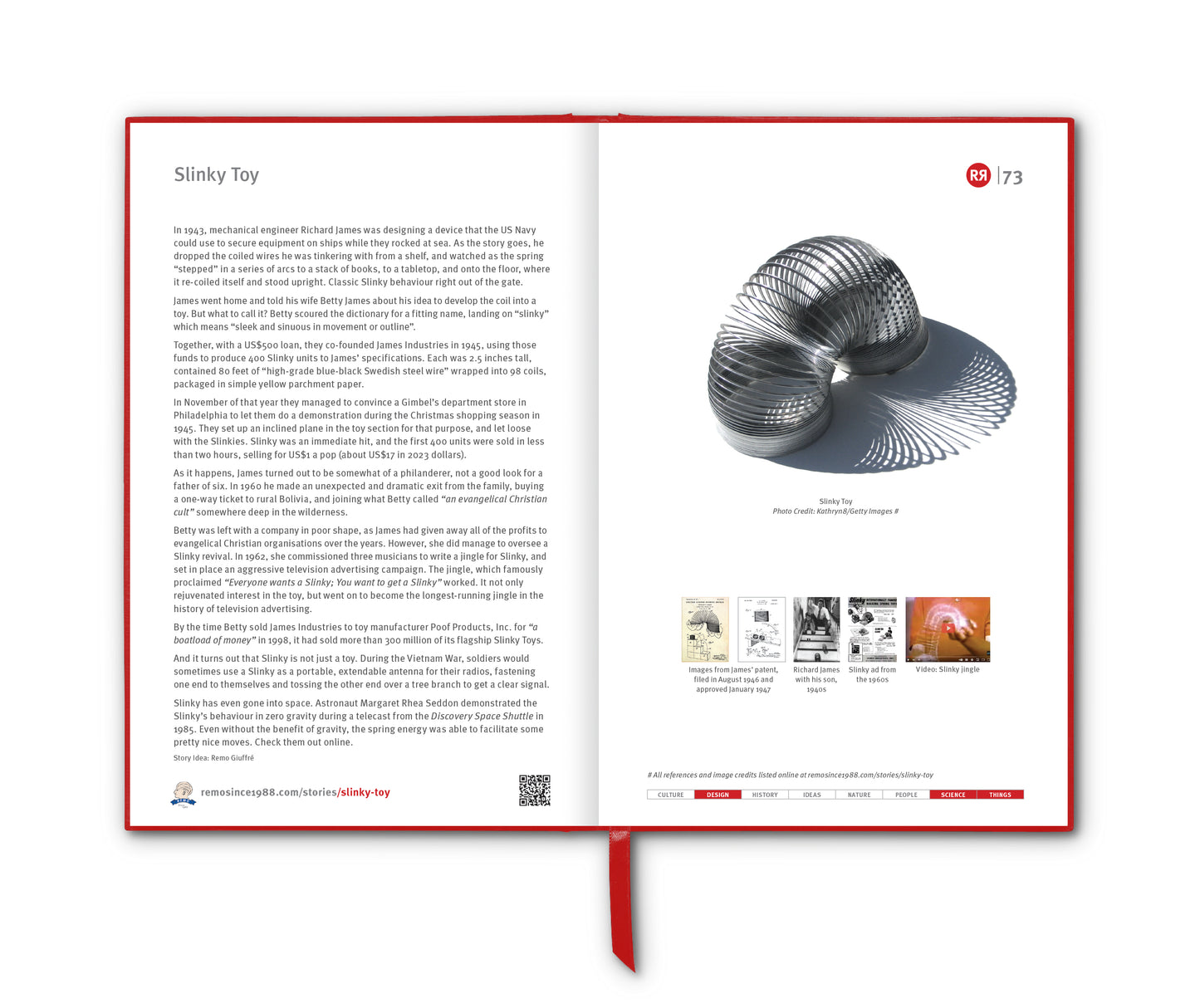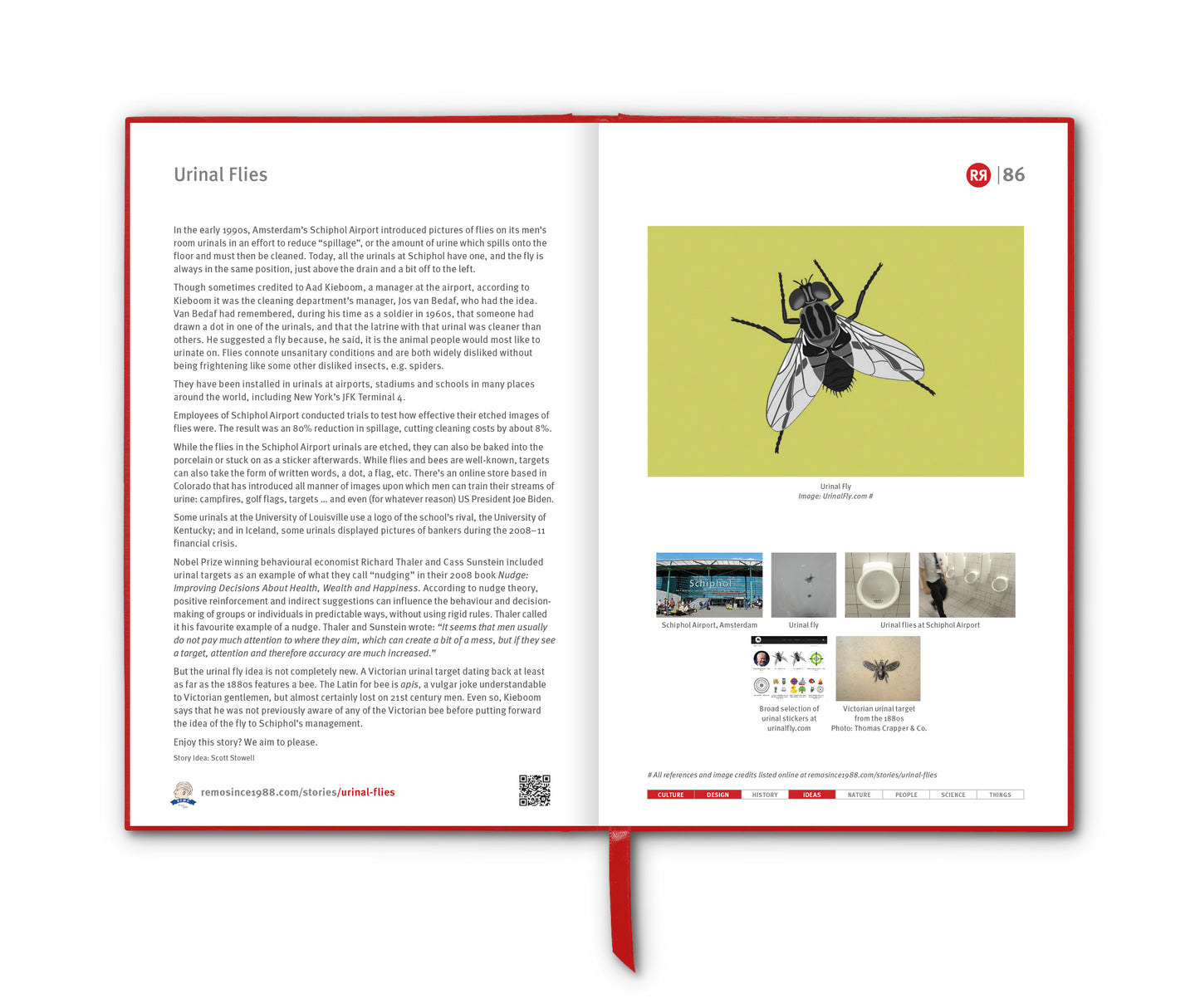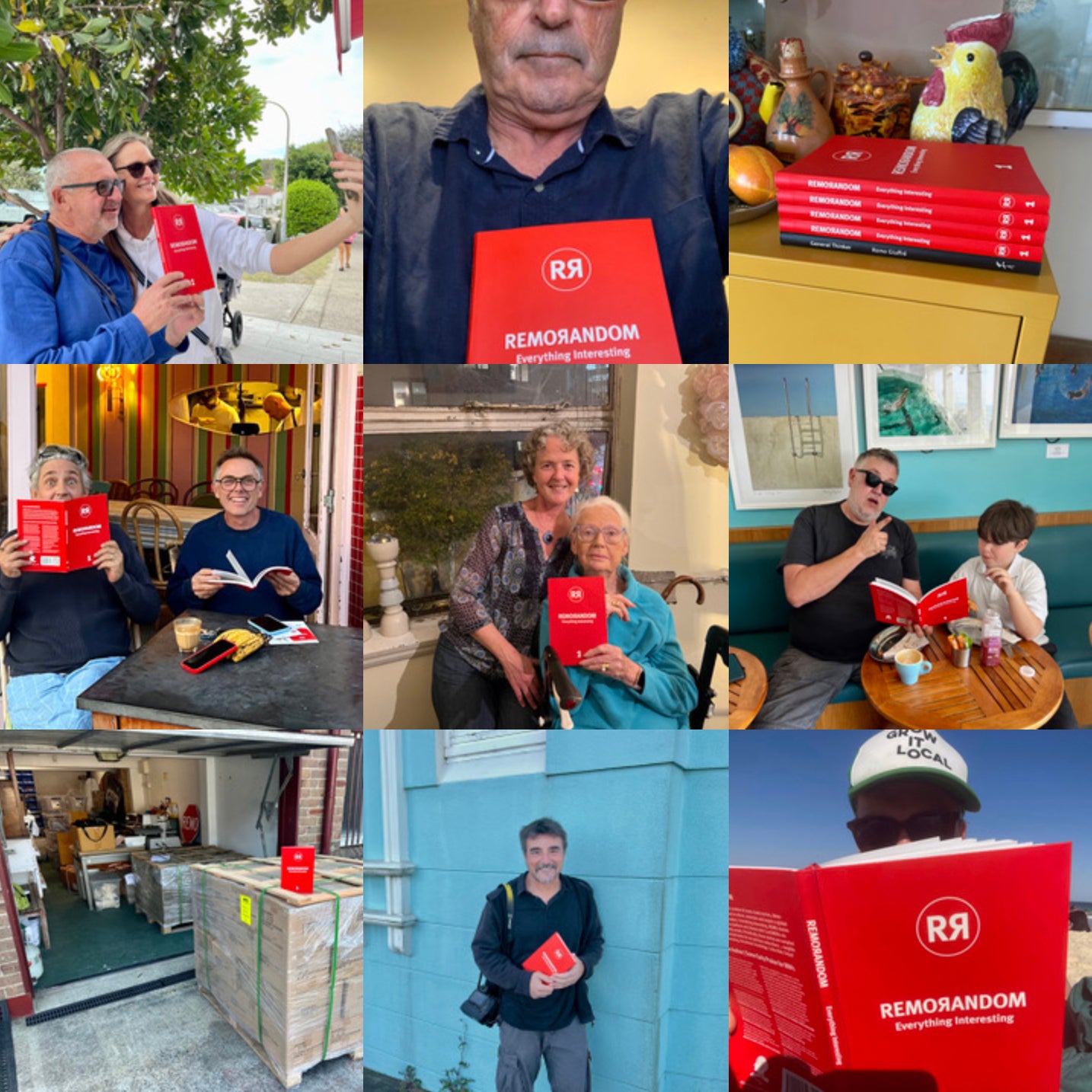Presumably, the sound of a cat in Greece is basically the same as a cat in Sydney, or ones on the streets of Rio. So why don't all languages represent those meows in the same way?
We all hear the same animal sounds, but we imitate them differently in our native language. This is more surprising for native English speakers than it is for the rest of us, due to the pervasiveness of the English language in popular culture.
When we create words that imitate natural sounds, those words are onomatopoeic. For example, buzz, boom, crash and meow are all examples of onomatopoeia because they attempt to imitate a real sound from out in the world: the sound of a bee, a loud explosion, the sound of something breaking, or a cat begging for food.
The word onomatopoeia comes from the Greek ὀνοματοποιία—a compound of ὄνομα (ónoma, "name") and ποιέω (poiéō, "I make").
Every language uses its own set of (human) sounds in its words, and each language also has particular rules about how to combine sounds and where they can go in words. And these sound rules also shape the way languages represent animal sounds.
For example, in English, the noise a pig makes (oink!) contains the sound combination [ɔɪ], reflecting that this is an acceptable combination of sounds in English, as in the word oil. But not all languages have those two particular vowels, and even if they do, they might not be allowed to be combined that way. In Polish, the noise a pig makes is chrum, where the first sound is sort of between a "k" and a "h"—a sound that doesn't exist in English.
Even for as different as animal sounds can be across languages, we can compare them to discover both similarities and surprising differences. Here are some examples:
CAT
Meow (English)
Miaou (French)
Miau (Spanish)
Yaong (Korean)
Nyan (Japanese)
Miyav (Turkish)
Mjau-mjau (Russian)
DOG
Woof (English)
Ouaf (French)
Guau-guau (Spanish)
Meong (Korean)
Wan (Japanese)
Hev (Turkish)
Gav-gav (Russian)
COW
Moo (English)
Meuh (French)
Mu (Spanish)
Eum-mae (Korean)
Mō mō (Japanese)
Mö (Turkish)
Mu (Russian)
ROOSTER
Cock-a-doodle-doo (English)
Cocorico (French)
Quiquiriquí (Spanish)\
Ko-ke-kok-ko-o (Japanese)
Kkokkodek kko (Korean)
ü-ürü-ü (Turkish)
Kukareku (Russian)
PIG
Oink (English)
Groin groin (French)
Oinc oinc (Spanish)
Kkul kkul (Korean)
Boo boo (Japanese)
Kyhryu-khryu (Russian)
DUCK
Quack (English)
Coin-coin (French)
Cuac (Spanish)
Gaagaa (Japanese)
Kkwack-kkwack (Korean)
Vak-vak (Turkish)
Kryа-kryа (Russian)
It’s better when you hear them. Search for “animal sounds in different languages” HERE.
Story Idea: Melanie Giuffré
_____________________________
References
blog.duolingo.com/animal-sounds-in-different-languages/
kaplaninternational.com/blog/language-tips/animal-noises-around-world
ginsengenglish.com/blog/roosters-in-different-languages
Images
1. International Roosters. Image credit: Ginseng English.
2. German pigs say GRUNZ
3. Video: "Animal Sounds in Different Languages", The Center for Applied Second Language Studies (CASLS) at the University of Oregon


